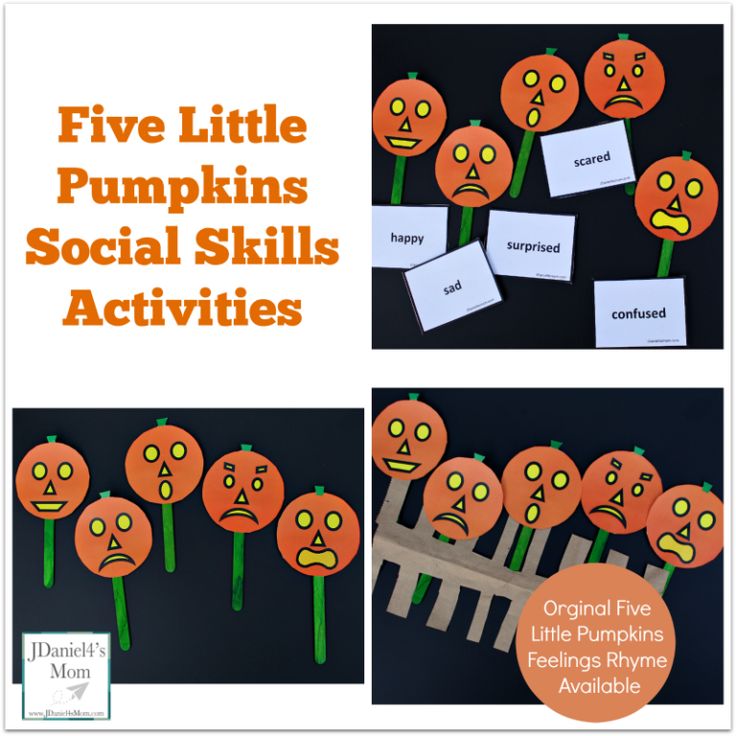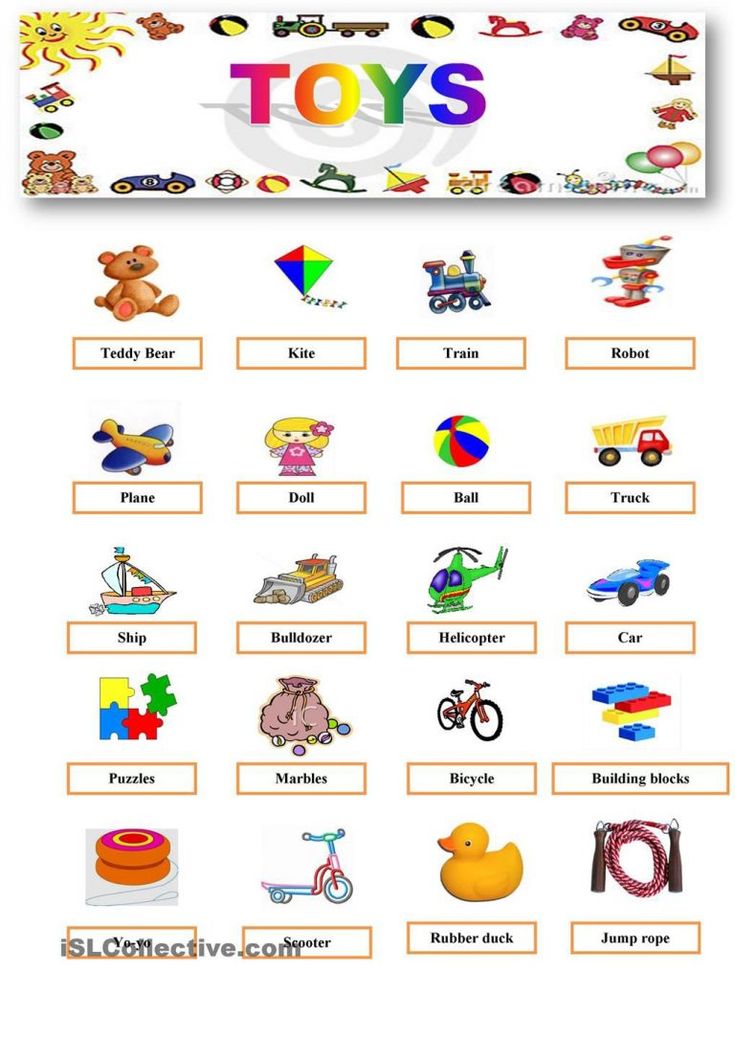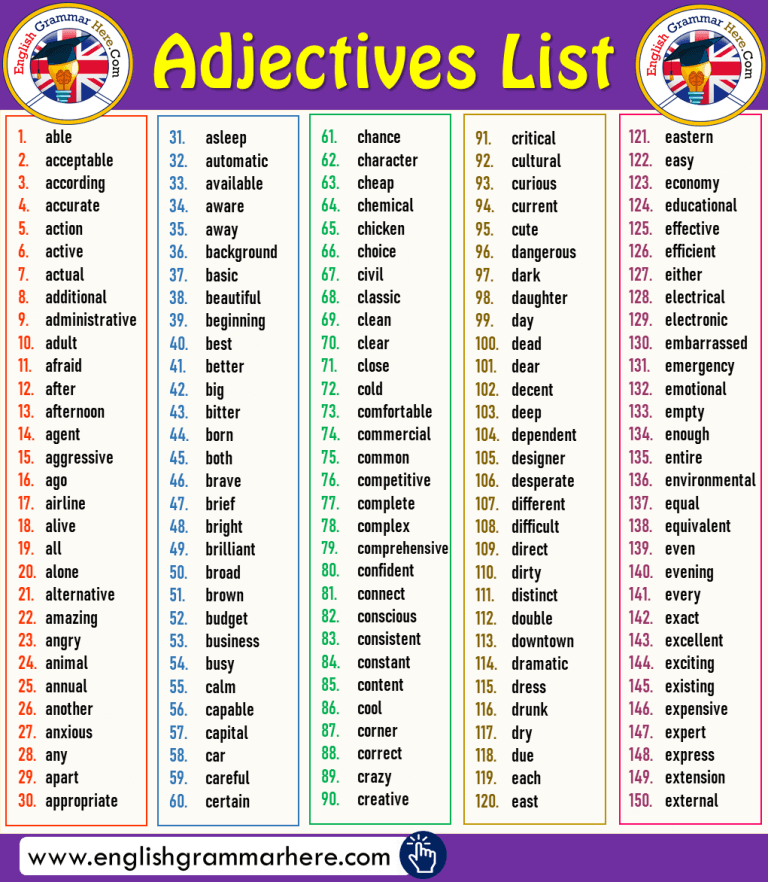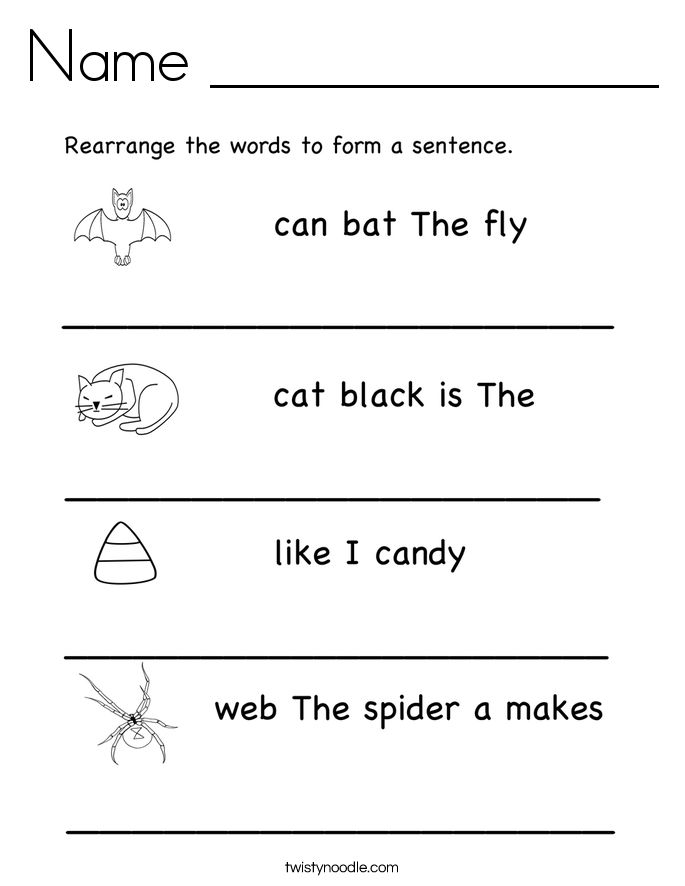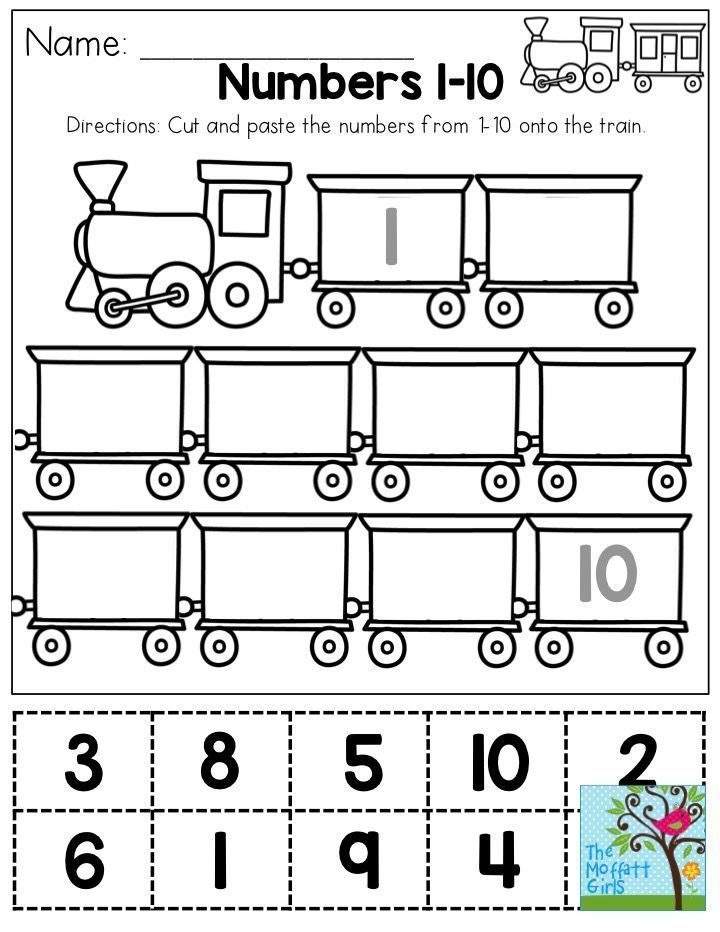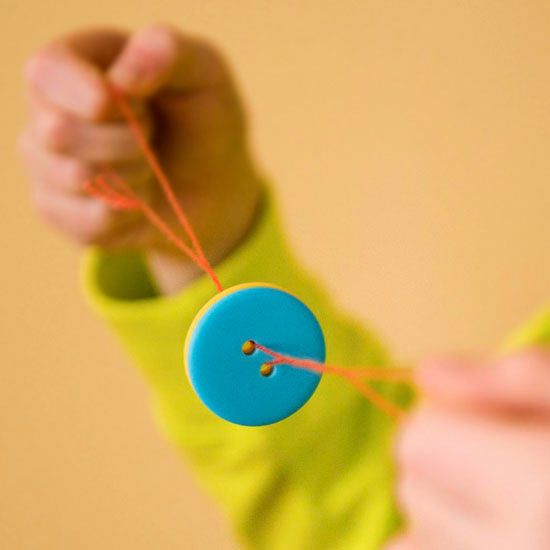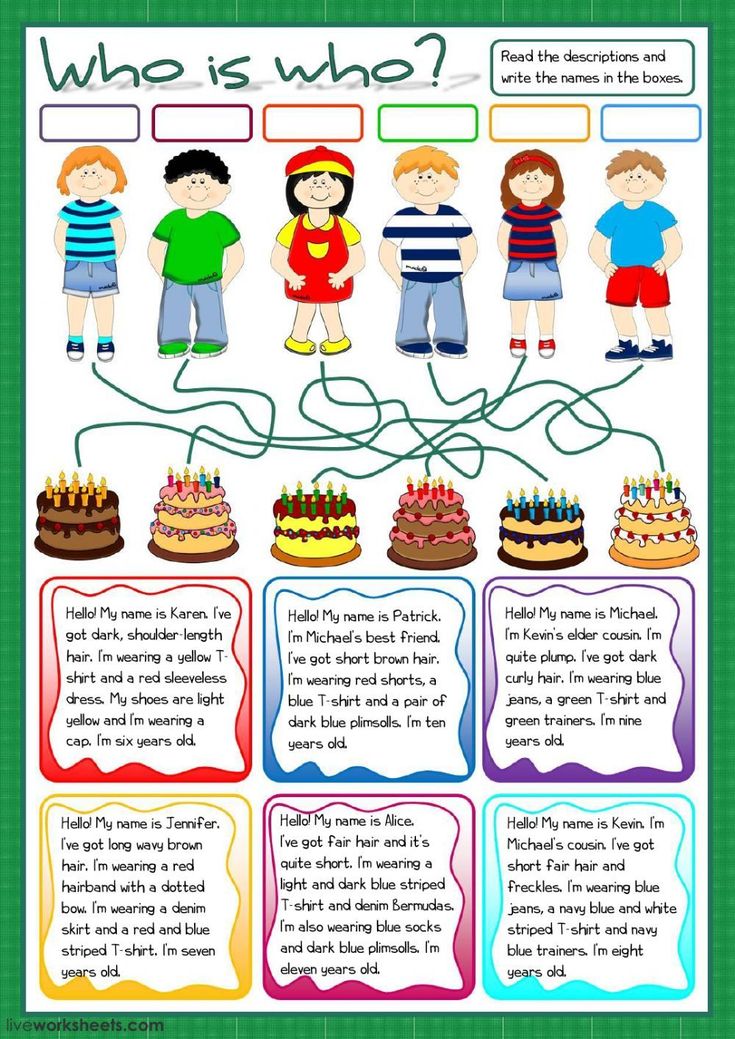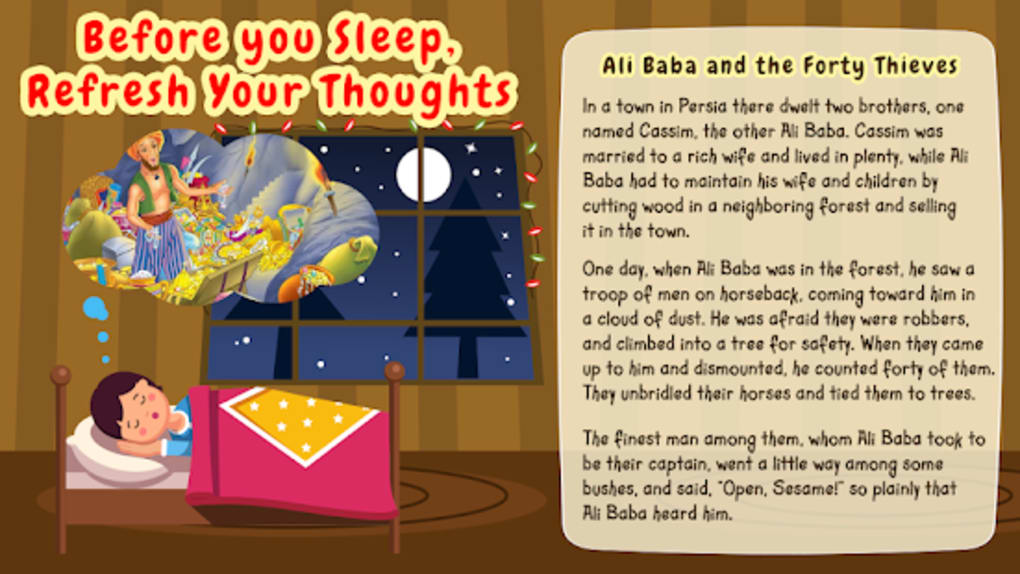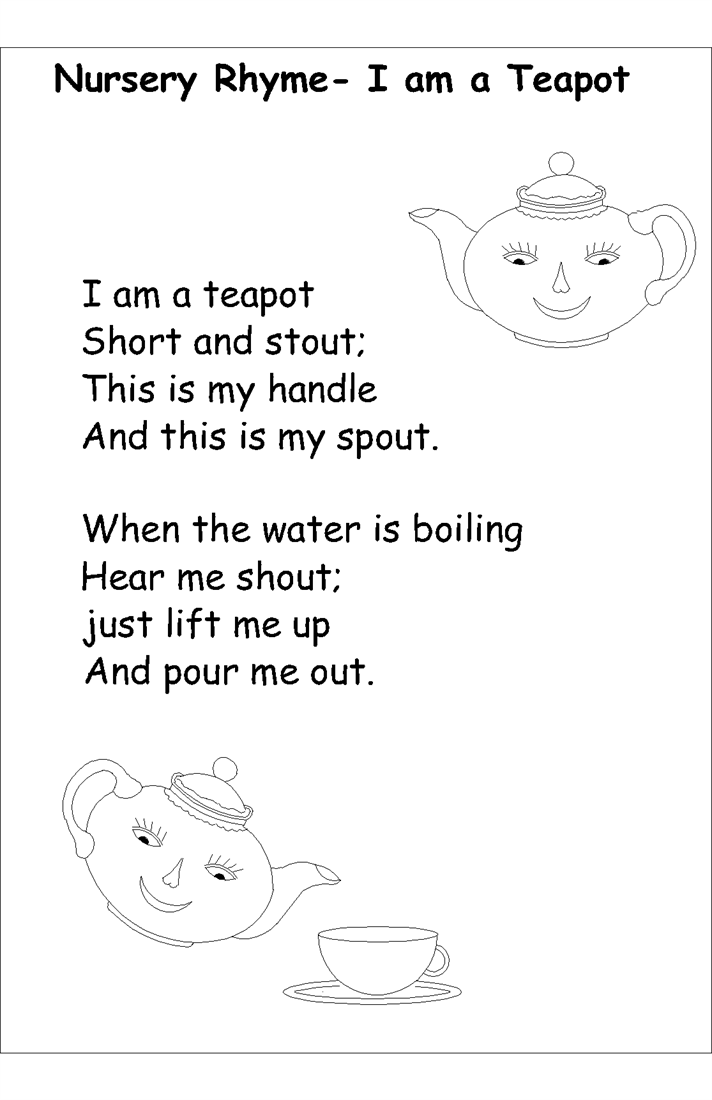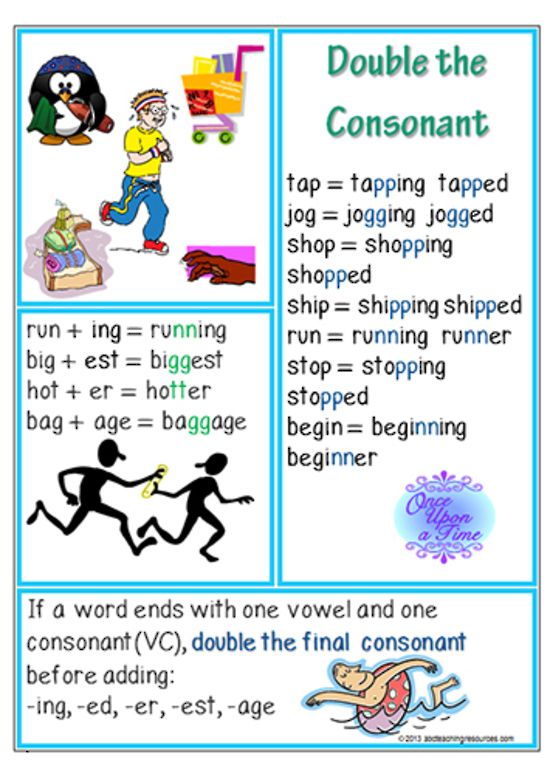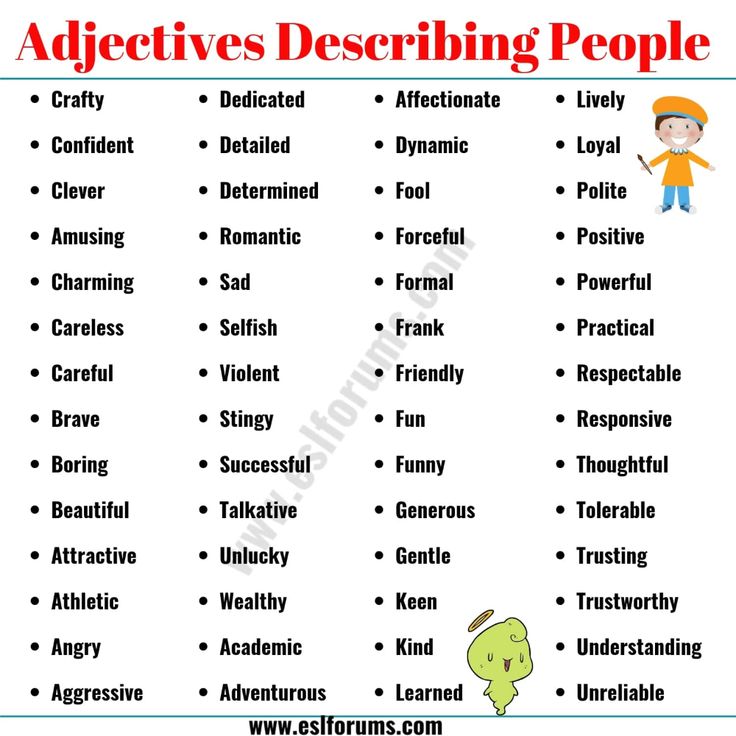Preschool social development activities
17+ Easy Social Activities For Toddlers And Preschoolers
Social skills for preschoolers and toddlers are critical to their happiness and well-being. As essential tools children use to interact, communicate, and build relationships, social and emotional skills also play an important role in a child's development. We have compiled 17+ social-emotional development activities for toddlers and preschoolers.
Play And Social Development
There is an incredible link between play and social development. As it turns out, all types of play are valuable to the social and emotional development in early childhood, including block play. Through block play, children build skills not only in social-emotional, but also the physical, language, and cognitive development domains. Read our detailed post on the benefits of block play.
Kids love to play! Therefore, what better way to build their skills than to provide fun and interactive social skills activities for preschoolers and toddlers. Explore this post on "What Are Social Skills? & Why Are Social Skills Important?" for a deep dive into social and emotional development in early childhood.
Like little sponges, children learn best with hands-on activities. Additionally, through engagement and modeling, you demonstrate socially acceptable behavior. Kids need free time to play and develop their imagination and creativity. Be flexible. Start with a plan, but let your children lead the way. Let them be imaginative!
At first, keep things simple. As their skills develop, you can add more complex activities. Such as, adding a twist to a classic game like Simon Says. Turn routine play into enhanced experiences and keep it fun and interactive!
Let's look at some simple social-emotional activities for toddlers and preschoolers you can incorporate into your child's daily play.
Ideas For Social Skills Activities For Preschoolers And Toddlers
Use Visuals
- Posters
- Charts
Read Books
Read one of these on good manners:
- Thank You and Good Night by Jon Gordon
- Richard Scarry's Please and Thank You Book by Richard Scarry
- Do Unto Otters: A Book About Manners by Laurie Keller
- My Mouth Is a Volcano! by Julia Cook
- Penguin Says "Please" by Michael Dahl
Sing Songs
Songs work wonders for kids. They love to sing and remember things so much better when put to music. It also works as a fun and gentle reminder; when your child begins to use bad manners, you can start singing the song.
They love to sing and remember things so much better when put to music. It also works as a fun and gentle reminder; when your child begins to use bad manners, you can start singing the song.
Sample one of these Good Manners Songs from The Child Care Lounge.
- Manners (Tune: I'm a Little Teapot)
- When You're Talking to a Friend (Tune: If You're Happy and You Know It)
- Good Manners (Tune: Twinkle, Twinkle Little Star)
Or this one from Let's Play Music.
Finally, try a classic like, " Your Happy And You Know It"
Play Games
Playing games together, whether board, card, or outdoor games, encourages following directions and taking turns. Children have to learn how to play fairly by the rules. Additionally, it provides opportunities to handle winning and losing like a "good sport.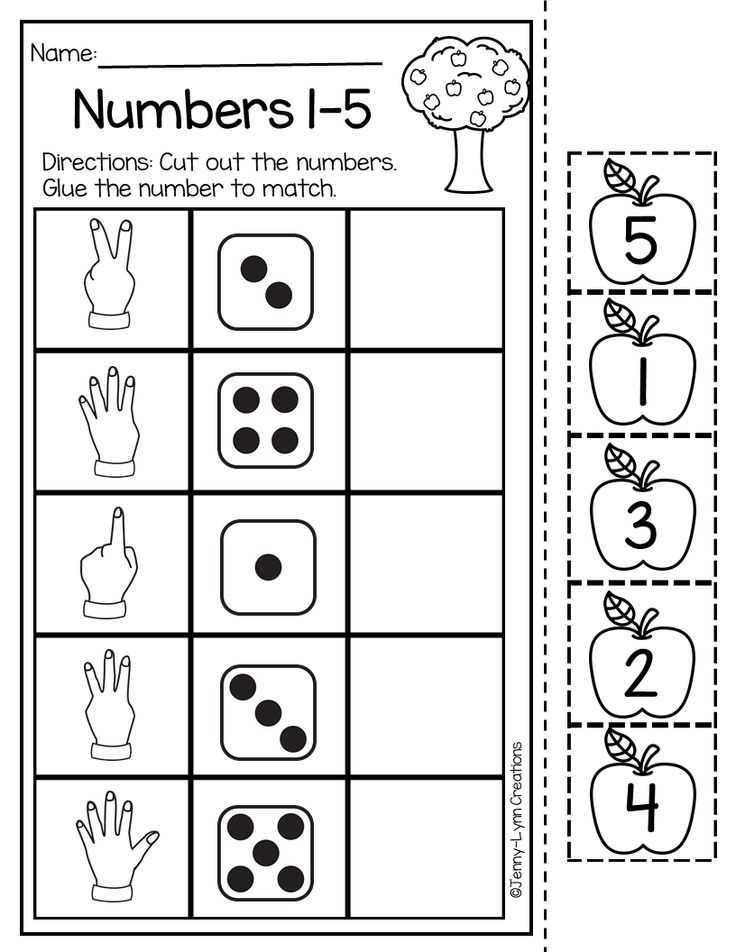 " Practice taking turns with your child by saying "my turn" and "your turn." Most important, focus on having fun while playing together.
" Practice taking turns with your child by saying "my turn" and "your turn." Most important, focus on having fun while playing together.
Role Play
Create a list of things to say and then "role play". For example,
- How to introduce themselves, i.e., "Hello, my name is…"
- How to join in playing with others, i.e., "May I play too?"
- How to nicely negotiate with others, i.e., No, thank you, I do not want the blue car. May I have the red truck, please?"
Social and Emotional Learning Skills
We will look at communication skills and some social-emotional development activities for toddlers and preschoolers to build effective communication.
Communication
Effective communication is one of life's most essential skills. Children need to be able to understand and express their emotions while also recognizing the feelings of others'. The need for positive interactions and connections with others is vital to our well-being.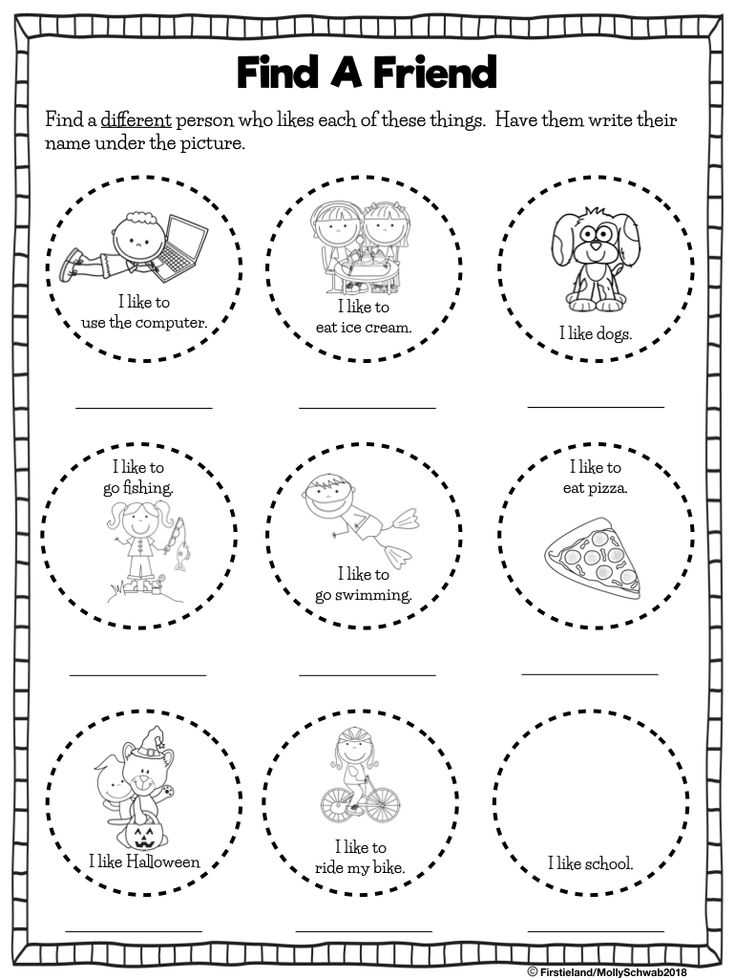 Below are just a few of the skills used in positive communication:
Below are just a few of the skills used in positive communication:
- Active Listening
- Following Directions
- Making Eye Contact
- Using Good Manners
- Having A Sense of Humor
- Not Speaking Too Loudly
- Speaking Clearly
- Telling The Truth
- Using Kind Words
Active Listening
Good listening skills require children to be active listeners. They must hear and understand what someone else is saying. As the foundation for effective communication, being an active listener is a skill that is essential for healthy relationships throughout life. Epictetus, a Greek philosopher, said, "We have two ears and one mouth so that we can listen twice as much as we speak." What wise words!
Practice is the name of the game! Try reading a book, stopping regularly to ask your child to recap the story. For instance, ask them, "What has been happening in the story?" Encourage them to continue listening as you read.
"Listening is where love begins.
" - Mr. Rogers
Following Directions
Following directions and listening are two skills that work closely together. Often, kids have a hard time following directions if they are not using their listening skills.
Younger children can get distracted or forget what you asked them to do. Use this time as an opportunity to practice their skills. For example, practice regularly with simple requests like "Please pass the butter to me" then give praise immediately for following directions.
Also, with young children, you want to give just one direction at a time. Instead of saying, "put on your shirt, wash your hands, and come to the table for dinner," pause until they have put on their shirt before you give the next request.
Furthermore, how you frame the direction makes a difference. You want to avoid phrasing it like a question. This suggests your child has an option and can say "no." Instead, ask them to repeat back what you said once you have given your direction, additionally reinforcing their listening skills.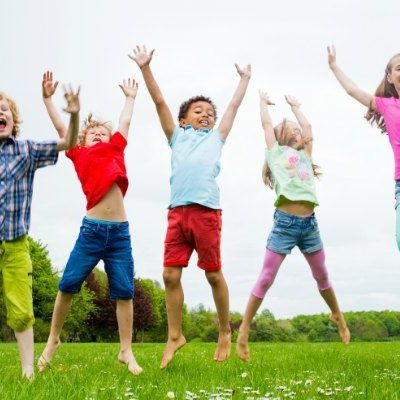
It is important to praise your child when you see they are following directions. Say things like, "Thank you for putting your blocks away the first time."
Making Eye Contact
Some kids may be shy and struggle to look at a person when speaking with them. However, making eye contact is imperative to effective communication, and children need to practice. Highlight the importance of making eye contact and model the behavior.
If your child finds it difficult not to look up, gently remind them by asking them, "Where do your eyes go when someone is talking to you? Always look for times to praise them when they remember to look at people when they are talking. You want to be kind and positive; shy children can often feel anxious.
Practice making eye contact with you first in a safe and loving environment. Have your child describe a story while you play with a toy, close your eyes, or look around but NOT at them. Then, have them share another story; this time, make eye contact while they are speaking.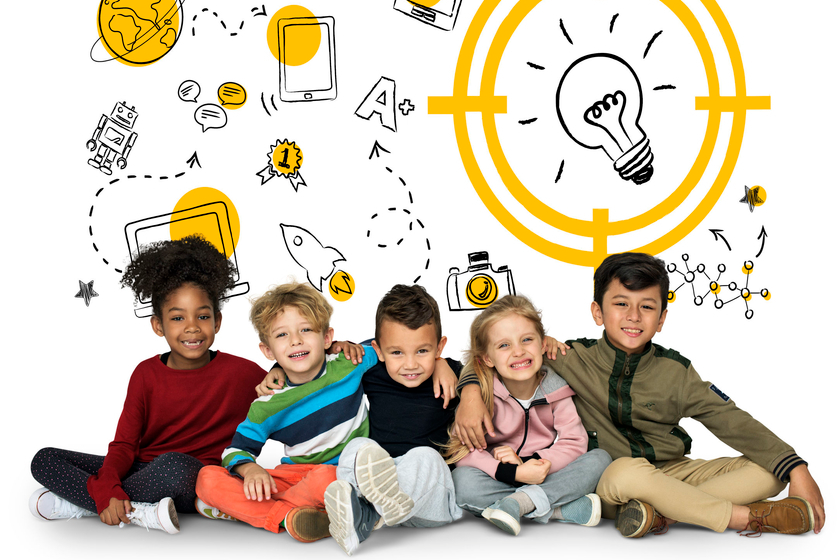 Afterward, talk about how it made them feel in each instance.
Afterward, talk about how it made them feel in each instance.
Using Good Manners
Good manners are more than just minding your "Please," and Thank you." It is about being polite and courteous, like not interrupting or talking with your mouth full. Using good manners, whether while eating and speaking, at home, or in public, is also about respect. Greeting people like family, friends, or visitors with a "Hi" or "Hello" makes them feel welcome and appreciated. Let's not forget the importance of "I'm sorry" and Excuse me."
We realize that teaching good manners can feel like an endless battle. However, when your child is polite and courteous, it makes others want to be around them. Furthermore, they are more likely to be invited places if they are respectful, gracious, and well-behaved.
Once before a trip to France, we were reminded that Americans are often considered rude by other countries. We can be loud in public, but the thing that struck me the most was that we forget to say "Hello" before asking for help or directions.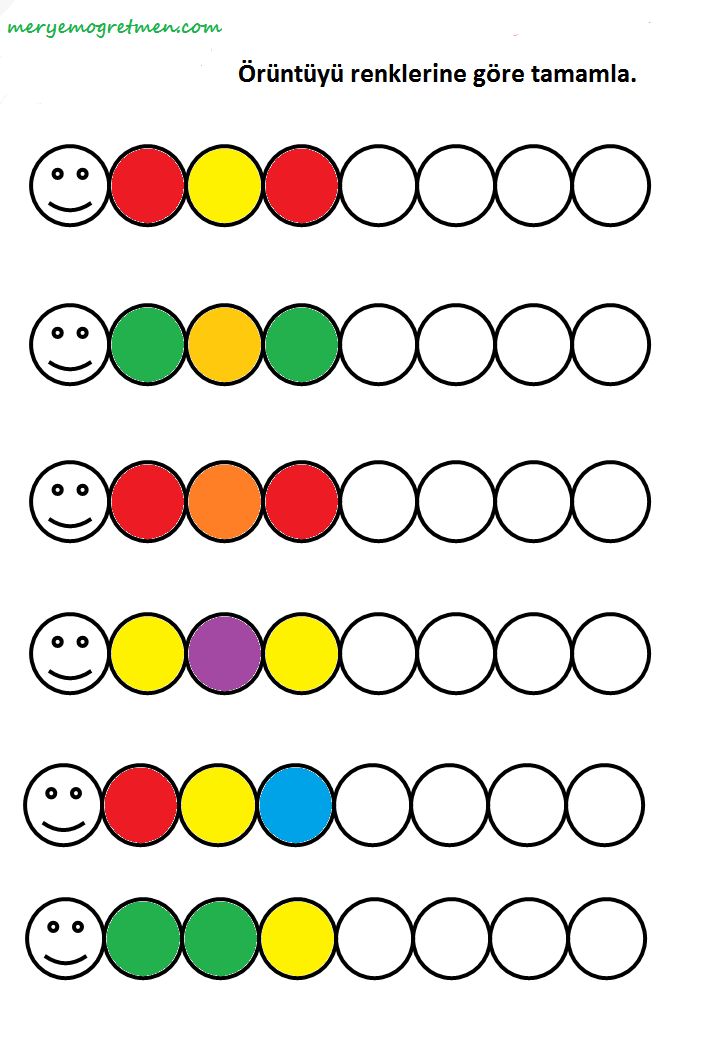 What a concept, a simple greeting of "Hi. How are you?" before asking, "Where can I find the bread" goes a long way.
What a concept, a simple greeting of "Hi. How are you?" before asking, "Where can I find the bread" goes a long way.
So, we tested it out while we there and what a positive response and experience we had. We also started practicing it at home and WOW! what a difference it makes. Such a small effort with a huge impact.
Now that was easy for us adults, but how do we teach our children good manners? Model them! Always saying "Please" and "Thank you" to your children, as well as others. Give gentle reminders and praise them when they remember to be polite.
Better yet, practice with these fun social-emotional activities for preschoolers and toddlers below.
Emotional and Social Development Activities For Toddlers
Social skills activities for toddlers are usually quite simple. Typically, before the age of three, toddlers rarely play cooperatively, but instead, they play alongside one another, enjoying each other's company. They are just beginning to engage in pretend play and like to imitate friends and adults.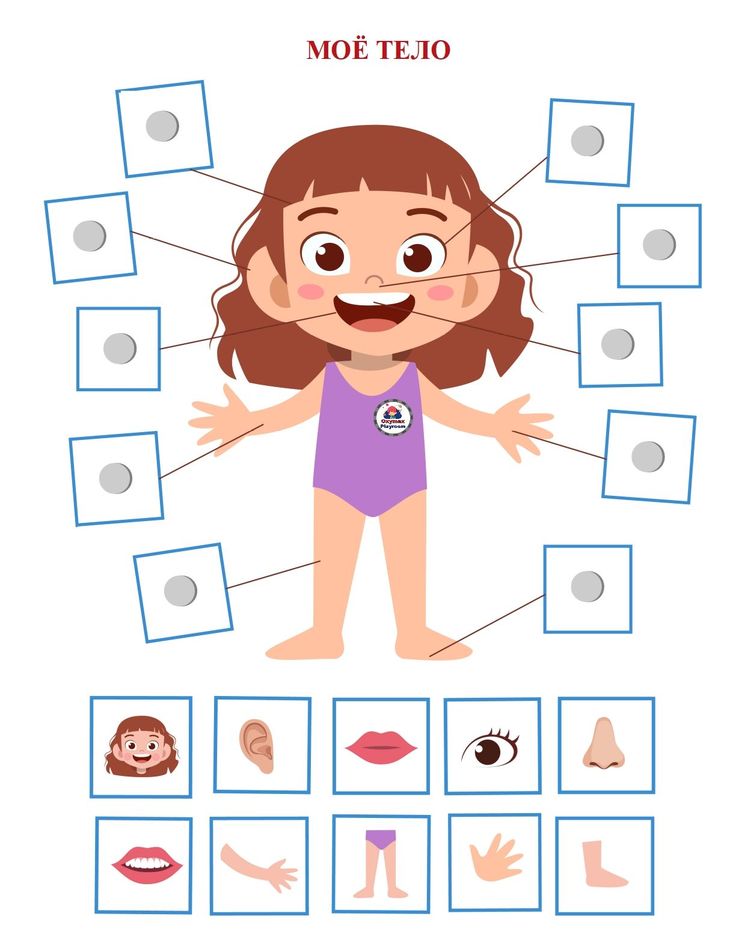 You see an increase in their independence, but they may still have some separation anxiety. For successful interaction, keep these general guidelines in mind when planning your social-emotional learning activities for toddlers.
You see an increase in their independence, but they may still have some separation anxiety. For successful interaction, keep these general guidelines in mind when planning your social-emotional learning activities for toddlers.
Hands Are Not For Hitting
Not hitting, is a vital skill to learn, especially for toddlers. You can create a song about what hands are for, including hand motions. Add things like Hands are for waving, clapping, drawing, hugging, and more. Look for more ideas in the "Hands Are Not For Hitting" book by Martine Agassi Ph.D.
Red Light, Green Light For Toddlers
This childhood classic requires listening and following direction skills. For toddlers, you may want to use signs to help them understand the directions initially. For example, you could make a round yellow "light" with a picture of hands clapping as a visual cue. As they become more proficient, you can remove the signs one by one and let them play by listening only.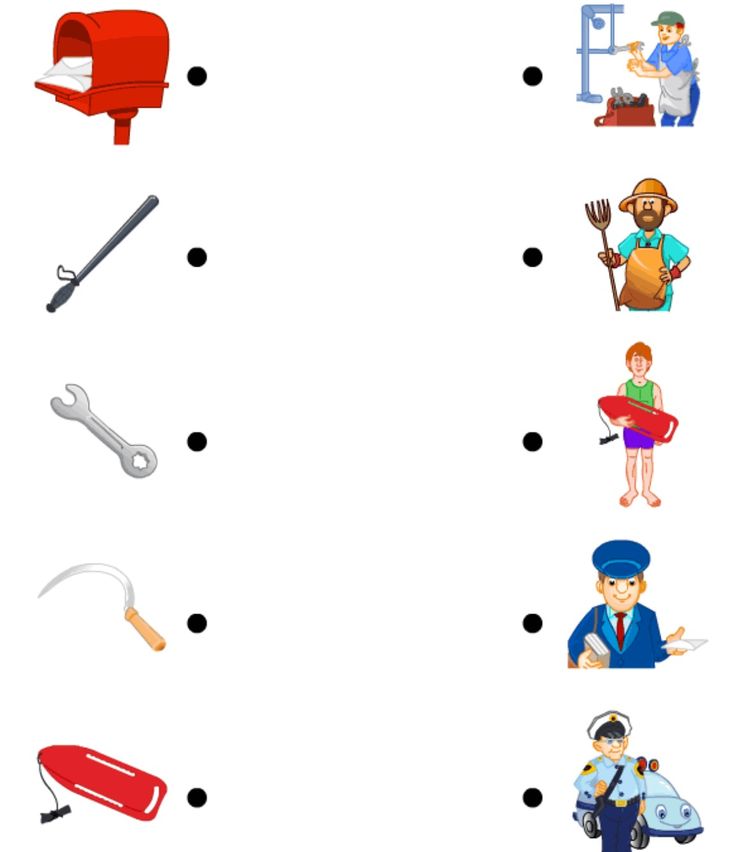
To play, one toddler is the "stoplight," and the others are bikes or cars. Let the kids decide. Next, the "stoplight" says "green light," and all the bikes come running towards the light. When the light calls out "red light," they all have to stop. If they fail to stop, they return to the beginning and start over. The first one to the "light" wins and gets to be the next "stoplight."
Follow My Clap
This game can expand as your child grows. For a toddler, start with a simple clapping pattern, have them listen, and then copy the rhythm. As the child gets older and more proficient, you can add other hand motions like slapping their knees for more complex patterns.
Follow The Leader
Another classic perfect for all ages and learning to follow directions. Choose one person to be the leader. With younger children due to language barriers, it might work best to be the leader in the beginning or just use physical cues. Have the leader "call out" or "act out" movements the kids must follow exactly.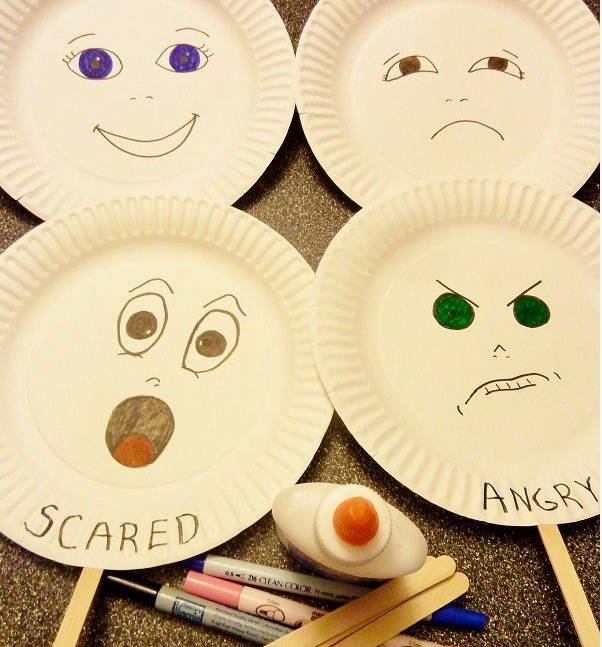
Simon Says
Not only, one of the best games for teaching listening and following directions skills, but also fun for all ages. You know how it goes, right? Someone gets to be "Simon" and gives directions to the other players. Let your child use their imagination and creativity; they could also be "Spiderman" or "Batman." How about "Anna" or "Elsa"? Maybe they want to dress up and get into character.
Next, they have to listen to see if they are supposed to follow the instruction. For example, when "Simon says…" before the direction, the child follows the direction. However, if they give an instruction without saying, "Simon says…" first, then the child does not follow the direction. If you do, then you are out!
Remember to keep the directions age-appropriate. Start slowly and be sure they understand the instructions. For younger children, you may want to give visual cues. For instance, if you say "turn around," then physically turn around.
Loud Or Soft?
Here is another easy game to fine-tune your child's listening skills.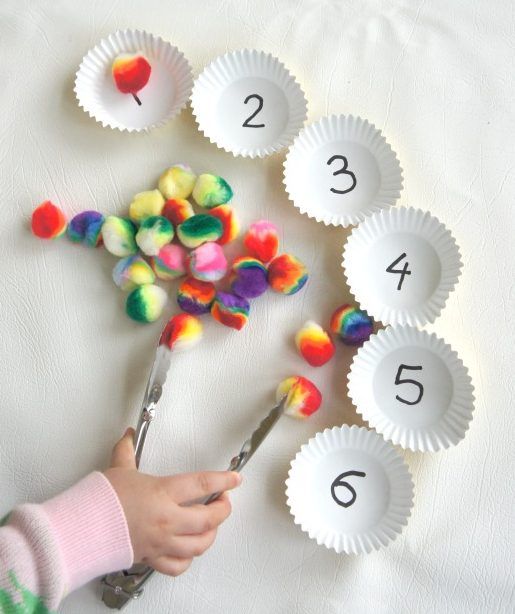 It requires them to focus and to understand loud versus quiet sounds. Which is helpful for down the road when you are asking them to use "soft voices." Start by making loud or soft sounds with various items, like loudly banging two blocks together. Then ask the child if the noise was loud or soft?
It requires them to focus and to understand loud versus quiet sounds. Which is helpful for down the road when you are asking them to use "soft voices." Start by making loud or soft sounds with various items, like loudly banging two blocks together. Then ask the child if the noise was loud or soft?
In another version, you can have all the kids make noise, such as stomping their feet. First, have them do it loudly, and then the leader says, "soft," and they stomp quietly.
Social-Emotional Activities For Preschoolers
As your preschoolers' skills increase, their social and emotional learning skills will become more complex. At this stage, they enjoy playing with other children, rather than alone. They are more creative and like to pretend, so now is a great time to add dress-up clothes and props for more imaginative play. Also, they want to try new things, so be creative and use your imagination when planning your social-emotional learning activities for preschoolers.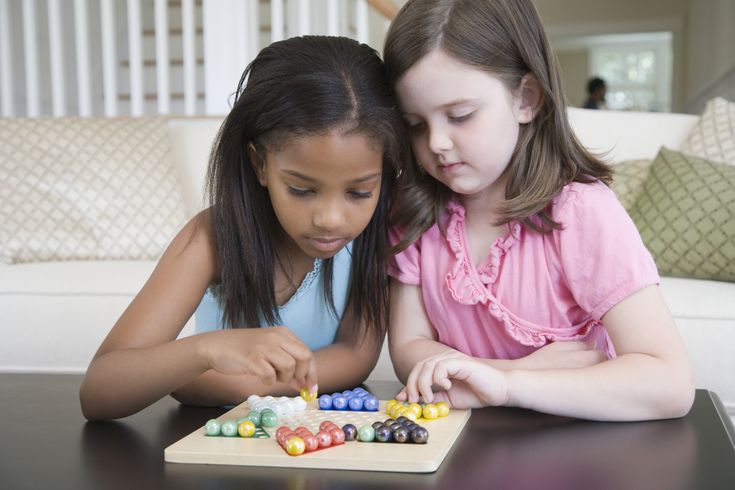
What Sound?
This one can be a lot of fun to watch children express different sounds. First, have children sit back to back. One at a time, have them make a sound (like an animal sound) and see if the other person can guess the sound. Then switch.
Follow The Rhythm
Create a pattern of sounds using musical instruments like drums or even pots and pans with wooden spoons. For instance, you bang on the drum three times. Then have your child repeat what you did. As the child increases their proficiency, you can make rhythm patterns more complicated.
Listening Activity With Blocks
Here is an easy and fun activity for one or more preschoolers, to reinforce active listening. Start with a large container of magnetic tiles in a variety of colors. Ask the first child to add "a blue block to the tower." Next, ask the second child to "add two green blocks to the tower." Continue until you run out of blocks. You can increase the difficulty if the children seem to be listening well by adding more complex instructions.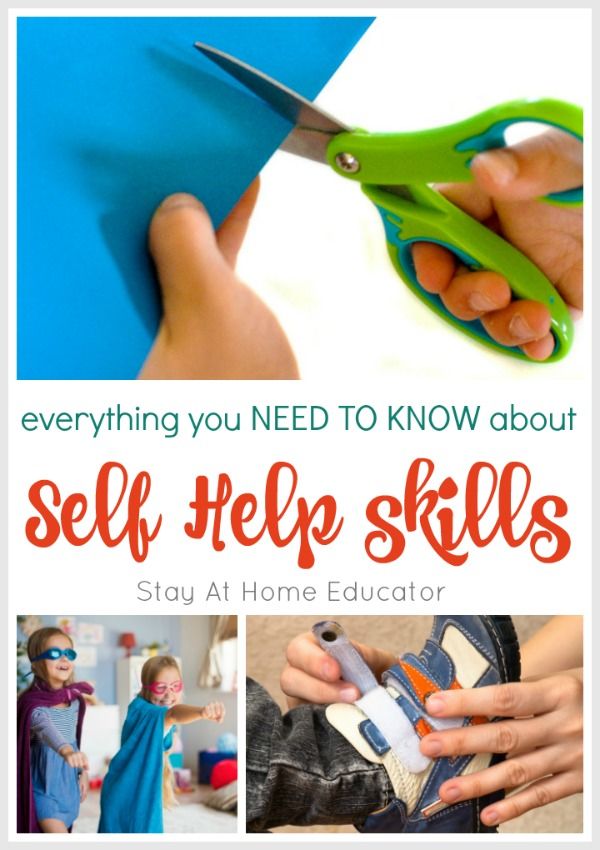 For example, "add one red block, one blue block, and two green blocks."
For example, "add one red block, one blue block, and two green blocks."
Obstacle Courses
Kids love them! Not only do kids reinforce their listening and following direction skills, but they build gross motor skills too! It is important to start small. Depending on your child's age and ability, begin with 3-5 obstacles or tasks.
Here are some ways to focus on listening and following direction skills.
- Give them the exact directions on how to move through the obstacle course. For instance, if you use giant building blocks, tell them whether to go over, around, or knock them down.
- Try incorporating a station where they have to stop and listen for the directions like "Simon says..." Once the task is completed, they can continue.
- What about including a magnetic blocks station where they must build a pyramid.
Games To Enhance Social And Emotional Skills
Playing games offers many benefits. They encourage early learning, paying attention, and increase language development.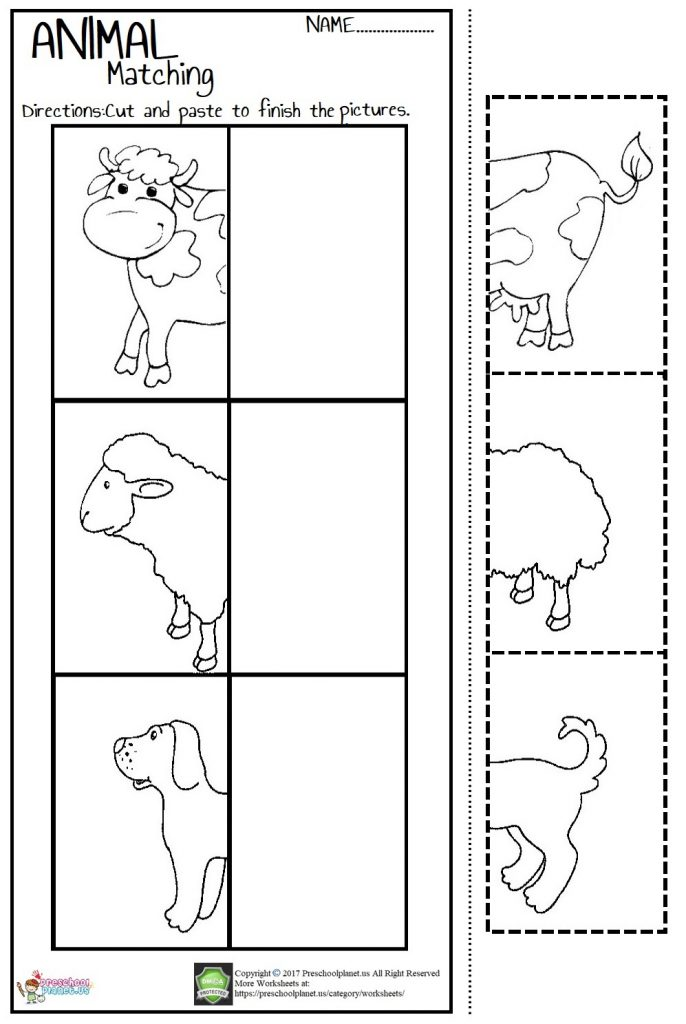 They provide opportunities to connect, to step away from our screens, and teach the value of teamwork. Most importantly, they focus on having fun.
They provide opportunities to connect, to step away from our screens, and teach the value of teamwork. Most importantly, they focus on having fun.
Red Light, Green Light For Preschoolers
A classic childhood game for preschoolers, with a twist. Once your child understands red means stop and green means go, you can increase the complexity by adding additional "light" colors. For example, "yellow light" for clapping, "blue light" for turning around, and "orange light" for jumping in place.
Or reverse the colors with "red light," meaning go and "green light," meaning stop. These simple variations force them to listen more carefully.
Mother May I?
Another childhood classic that requires following directions. One kid is the "mother" and stands far away, facing the line of children. "Mother" then chooses one child at a time and gives them a direction. Typically, these directions follow a standard, such as "Luke may take three giant steps forward" or "Hannah, you may take four baby steps forward.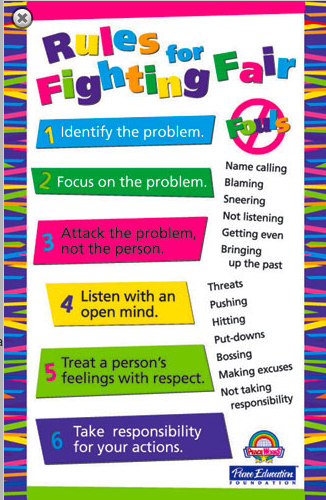 " The child then asks, "Mother may I?" and "mother" replies yes or no. If the child forgets to answer, "Mother, may I?" then they have to go back to the beginning. The first child to get to "mother" wins.
" The child then asks, "Mother may I?" and "mother" replies yes or no. If the child forgets to answer, "Mother, may I?" then they have to go back to the beginning. The first child to get to "mother" wins.
Simon Says (try a twist of "Listen To What I Say And Not What I Do")
You know how it goes, right? Someone gets to be "Simon" and gives directions to the other players. For preschoolers, you can add complexity by providing more than one-step instructions. For example, try "jump two times, clap your hands, and turn around."
Remember if they give an instruction without saying, "Simon says…" first, then the child does not follow the direction. If they do, then they are out!
Here is a fun twist on the game for older preschoolers. This version "Listen To What I Say And Not What I Do" requires kids to focus their listening and NOT uses visual cues. For instance, "Simon says...,: "run in place," but he is jumping in place. Then the correct action is to "run in place."
Here are a few fun commands to get the game started.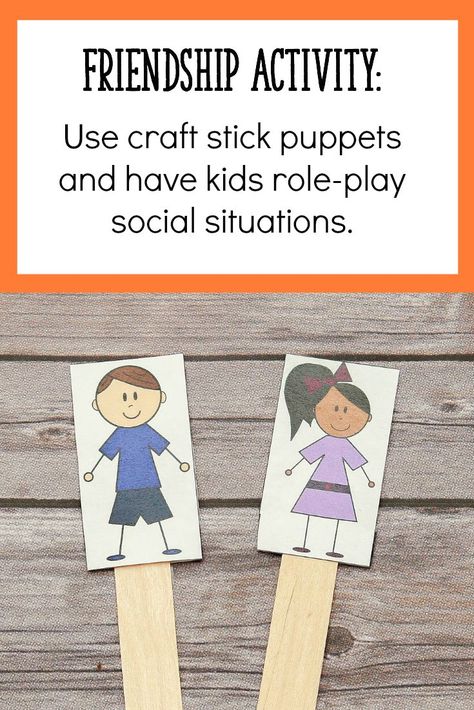 "Simon says…"
"Simon says…"
- Play air guitar
- Waddle like a penguin
- Act like a monkey
- Bark like a dog
- Meow like a cat
- Start singing
- Start dancing
- Cry like a baby
- Pretend to climb a ladder
- Walk backward
Build It! (a variation on the "Teacher Says" game)
In this version, you play with blocks.
- Gather a bunch of wooden building blocks as props and place them in the middle of the room.
- Choose one child to be the "builder" and explain the game.
- Next, you are the "contractor" to model how the game is played. Continue in this mode until the kids fully understand how to play the game. Then one of the kids can be the "contractor."
- Finally, give the "builder" a set of 2-4 directions, such as "line up two wooden square blocks, add one rectangle block on top, and one triangle block to the top." As you play, show useful listening methods, like making eye contact with the speaker, repeating the directions, waiting for all the instructions before starting, and creating a picture in your mind.
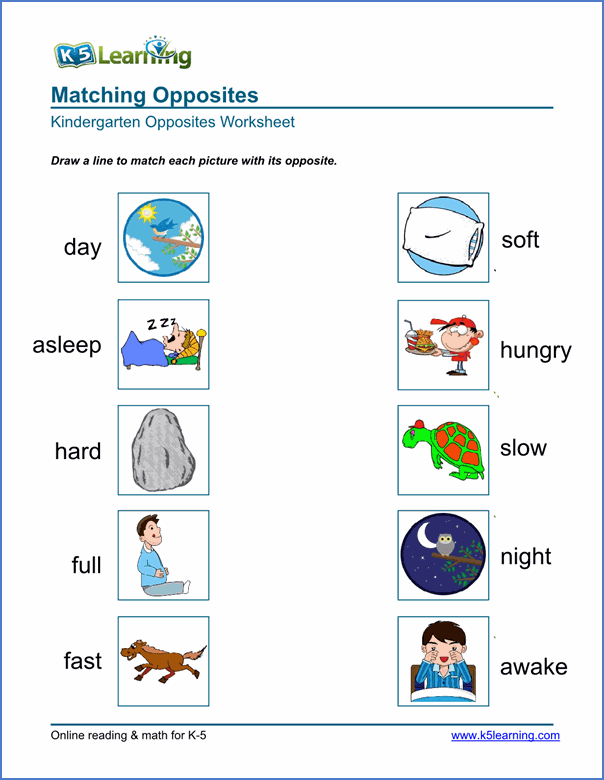
"Please" And "Thank You" Game
This game is a fun way to practice table manners before a special dinner like Christmas or Thanksgiving. Create make-believe food dishes to pass. Have your kids draw pictures of various dishes, such as mashed potatoes, broccoli, or pie on the plates. Also, you could simply cut them out of magazines or print them from the internet. Then glue the pictures to paper plates for passing.
Here is how to play:
- Start with the first "dish."
- Have the child name the food. Ask if they like it?
- If they do not like it, have them say, "No, thank you." If they do, "Yes, please!"
- Afterward, they pass the plate to the next child, asking, "Would you like some________?
- The child can then respond with a "No, thank you" or a "Yes, please."
- Continue until you have passed all the "dishes."
Music and Dance Activities
Dance and music are not just fun for toddlers and preschoolers, but they are beneficial too! Music cultivates communication and allows kids to express themselves. Furthermore, it contributes to imagination and creativity.
Furthermore, it contributes to imagination and creativity.
Let's Have A Dance Party!
This one starts with some music. Next, either an adult or a child may be the "dance leader." The "leader" starts dancing, and everyone must follow the moves exactly. Make it fun and silly! After about 30 seconds, but no more than a minute, the "leader" calls out another child's name, and they become the next "dance leader." Continue changing places until everyone has had a chance to be the "dance leader." Beware if you are caught not making the moves exactly, you will have to take a seat.
Freeze Dance
Kids love nothing more than music and dancing! This one is simple and fun. Play some music, and the kids start dancing, once the music stops, they "freeze." You can also add some variations like having them dance to the beat of the music, for instance, dancing slow motion to slow music and dancing fast to fast beat music. Or reverse it, dancing slowly to fast music and fast to slow music.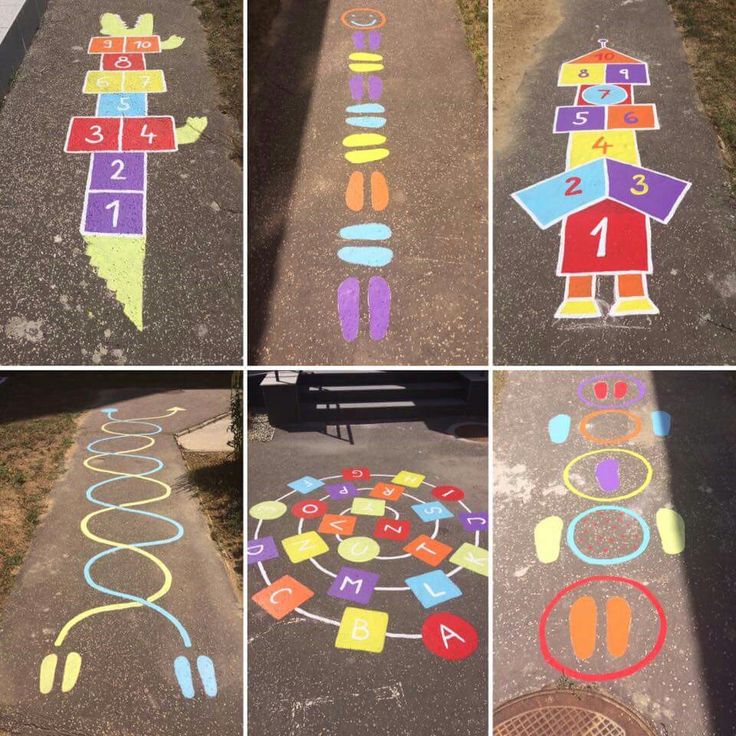
Easy social activities for toddlers and preschoolers are a fun way to help children learn how to listen, follow directions, and use good manners. For more development activities, check out our "Simple Block Activities For Toddlers And Preschoolers" post.
Check back soon for an upcoming post on more social-emotional activities for preschoolers and toddlers, focused on exploring their feelings, cooperation, and how to make and keep friends. Until then, we hope you enjoy your time together playing and practicing.
13 Social Skills Activities for Preschoolers + Milestones
- Share
The foundation for a person’s social behaviour is laid during the early years, which makes preschool a crucial time to ensure your children are learning social skills.
In this article I’ll explain briefly:
- why social skills are important
- examples of social skills for preschoolers
- the stages of social development
- social milestones by age
- 13 social skills activities for kids
Developing social skills in preschoolers is vital in order for them to be able to interact with others successfully and form healthy relationships throughout life.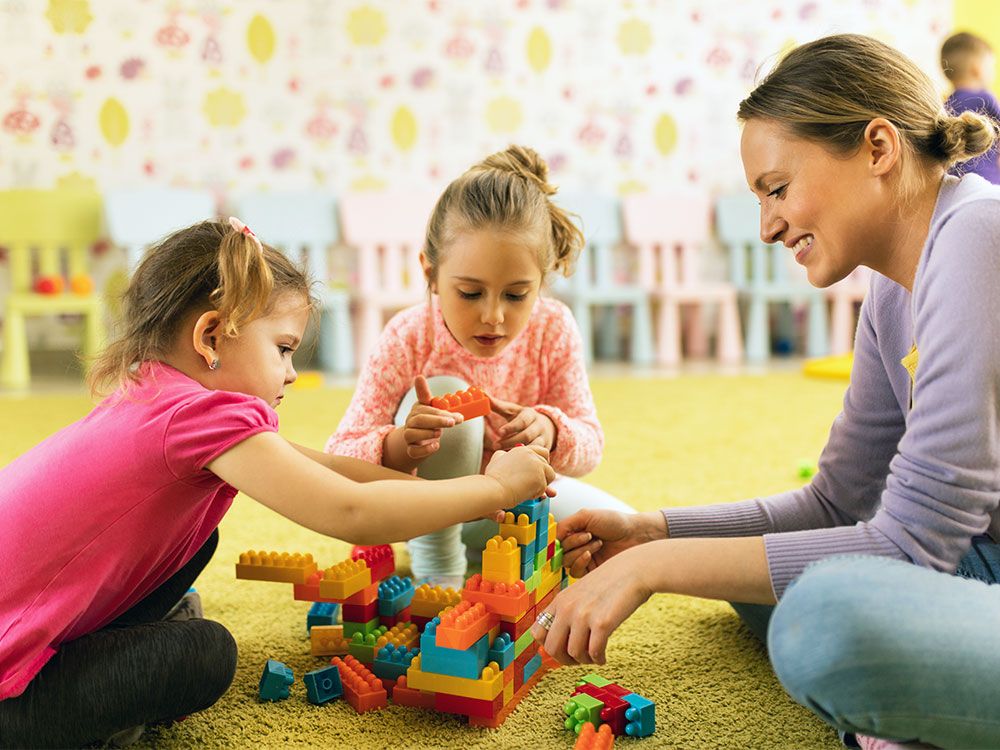
As children grow, they learn about social roles, values and behaviours from the world around them.
Parents, siblings, extended family, peers and teachers all have a role to play in moulding children’s social skills.
Healthy socializing involves three general things – generosity, helpfulness and taking turns.
Generosity
Generosity is about sharing with family as well as friends. Children must also learn to respect others’ rights and possessions.
Helpfulness
Learning to be friendly, considerate and helpful must be balanced with not being overly submissive and stifling the development of their own personalities.
Taking Turns
This is one of the most important skills to learn. It is the basis of courtesy and thoughtfulness and is relevant at almost every level of life.
Children must allow others to have their turn but also have the self-confidence to insist on getting their own turn, without trying to dominate activities and conversations.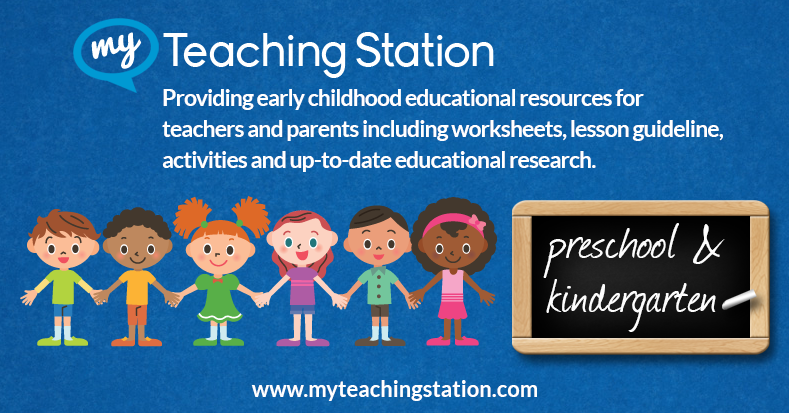 The example parents set is important.
The example parents set is important.
The social and emotional development of a child is an important aspect of their growth, just as much as intellectual or physical development, which we tend to pay more attention to.
Children need to build a set of prosocial skills in order to navigate communicating with others and building relationships.
Here are some examples of social skills, as shared by Marike de Witt in her book “The Young Child in Context: A psycho-social perspective“.
These social skills, as well as the
- Cooperating
- Being helpful
- Compromising
- Giving
- Sharing
- Taking turns
- Negotiating
- Showing sympathy
- Having empathy
- Imitating
- Protecting
- Assuming responsibility
- Respecting others’ views
- Showing attachment
Antisocial behaviours prevent children from communicating effectively.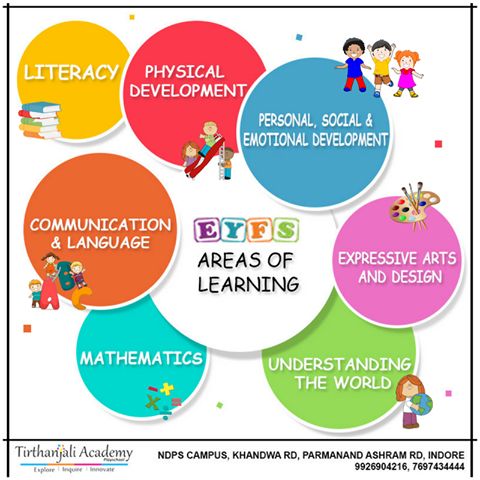 These are a few examples:
These are a few examples:
- Selfishness
- Telling lies
- Aggression
- Egocentrism
- Taking others’ possessions
- Bossiness
- Destructiveness
- Prejudice
In order to help children build social skills, it is necessary to first understand the social stages and milestones they will progress through so you can support them at their stage of maturity.
For example, there is no need to worry that your 2-year-old won’t share his toys as this is normal at his age. He is not yet mature enough to understand the concept of sharing.
De Witt divides social development into three main stages: the Infancy, Childhood and Youthful periods.
Infancy PeriodThis stage begins at birth and ends at the first signs of speech. During this stage, infants learn to tell the difference between their own bodies and the environment around them.
Social development is strongly influenced by the mother-child relationship because the way a mother cares for her child will either convey tenderness or anxiety.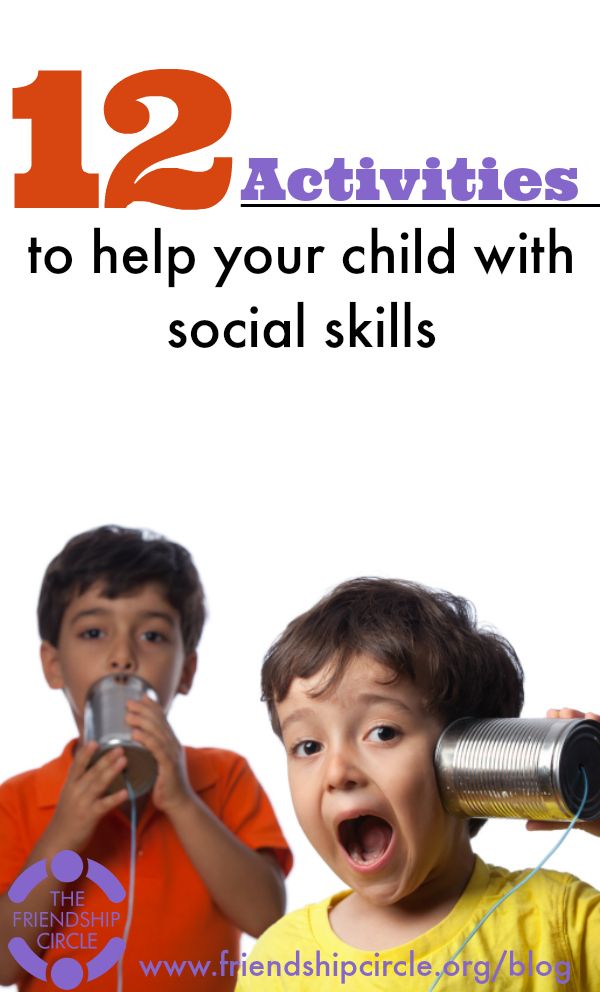
The childhood period begins when a child uses clear speech and lasts up until the need for playmates of the same age emerges.
By following the example set by the parents, a child begins to classify his own behaviour as good or bad. He also realizes the difference between enemies and friends.
During this stage, children acquire language as well as cultural customs, such as hygiene, toilet or eating practices.
Youthful PeriodThis period begins when children prefer to play with others of the same age. More complex skills of interpersonal behaviour are learnt, such as cooperation, competition and compromise.
Here is a table of common milestones that occur at various ages as a child matures. It is a summary of the milestones in the book “The Young Child in Context: A psycho-social perspective“.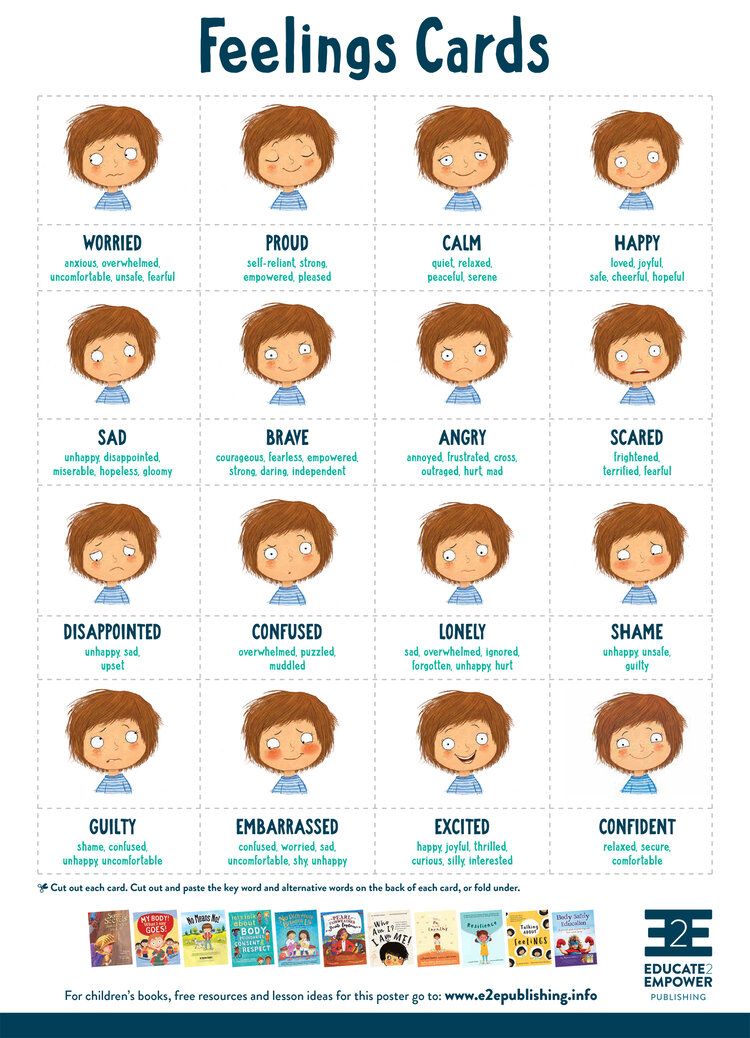
12 Months
- Shows affection for people she knows
- Likes to be around loved ones – to always hear or see them
- Passes an object or toy to an adult when asked, and sometimes even spontaneously
- Waves goodbye
- Begins to play games such as hide-and-seek
18 Months
- Plays alone happily but likes to be near a familiar adult or older sibling
- Likes other children but does not play with them
- Shows affection for family members, pets and dolls
- Begins to imitate people
- Repeats actions and expressions that receive a positive reaction
2 Years
- Likes people but is still egocentric
- Follows caregivers around the house and demands constant attention
- Imitates domestic activities
- May take turns but has difficulty sharing toys or adult attention
- Throws tantrums in order to be understood
- Happily plays near other children, but not yet with them (parallel play)
- Sometimes hits or bites children to get a reaction
- Can role play e.
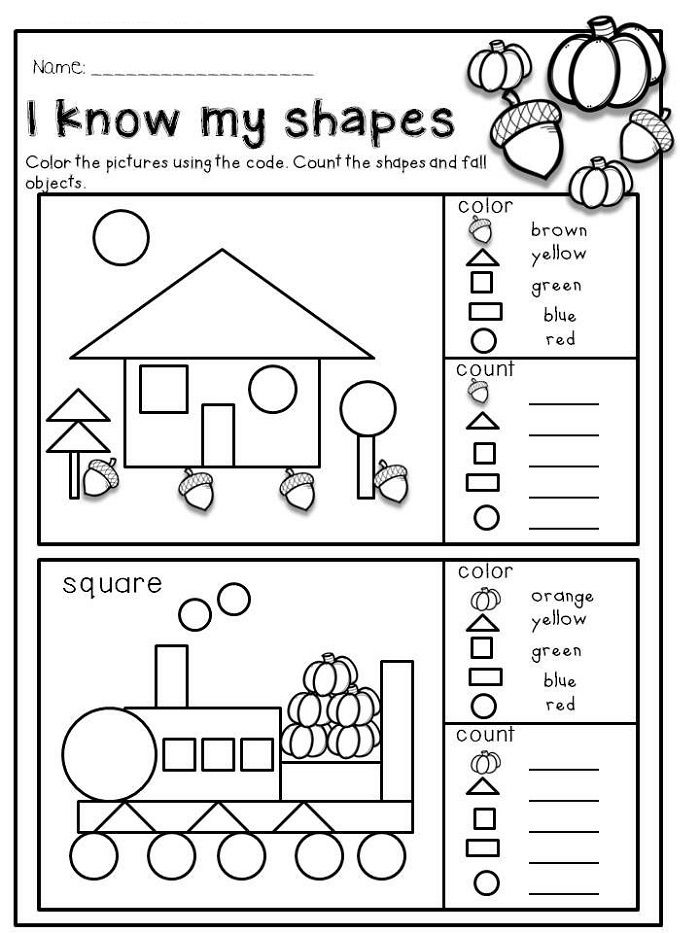 g. put a doll to sleep or wash the dishes
g. put a doll to sleep or wash the dishes
3 Years
- Begins to behave unselfishly
- Shows affection for younger siblings
- Likes helping with domestic activities such as shopping or cleaning
- Begins to share with others
- Enjoys playing alone and with other children
- Begins to show a preference for certain friends
- Begins to show sympathy when someone is upset
- Engages in make-believe play with dolls and toys and enjoys pretending to be someone else
- Still sees most things from their own perspective
- Talks about self, family and possessions
- Shows empathy with characters in stories
- Can wait for you to finish before talking
- Sometimes has an imaginary friend
4 Years
- Really enjoys the company of friends and can play in a group
- Often has a best friend
- Is strong willed
- Begins to form a sense of humour
- Understands taking turns and sharing
- Shows concern and sympathy towards younger siblings and friends
- Engages in dramatic make-believe play
- Becomes competitive
- Social skills develop such as – saying please and thank you (if taught), greeting people, talking to them, and showing respect towards others in the home
5 Years
- Behaves in a more controlled and sensible way
- Cooperates with companions and understands the need for rules and fair play
- Has a definite sense of humour
- Shows tenderness towards and is protective of younger children and pets
- Enjoys competitive games
- Enjoys fantasy games
- Chooses own friends (usually of the same sex)
- Begins to learn the value of compromise and negotiation
As you can see, sharing is a struggle for very young children.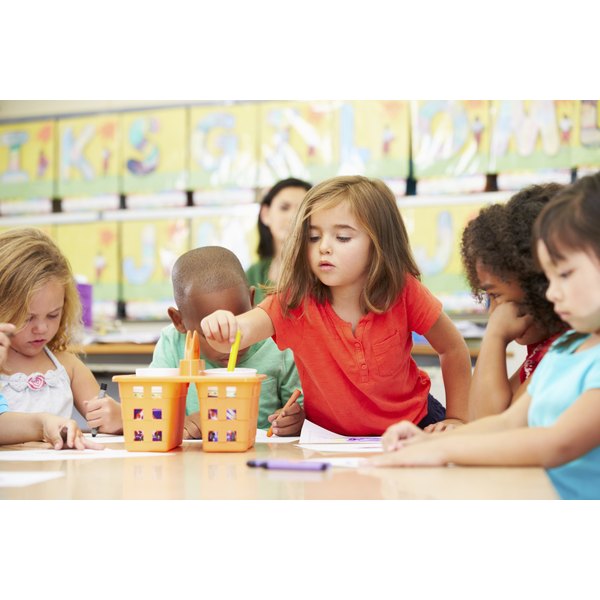 The advice is usually to divert and redirect attention when dealing with toddlers [source].
The advice is usually to divert and redirect attention when dealing with toddlers [source].
The most important activity your children can engage in, in order to develop their social skills, is play.
When preschool children play together they learn together.
Here are some reasons play is important for your child’s social development.
- It teaches cooperation and how to take turns
- Children are able to try different roles and personalities
- Play teaches children to verbalize their needs
- Kids learn to lead and follow
- It provides a broad base for the use of social language skills
- Children learn to respect others’ rights and possessions
- They develop an awareness of themselves as a member of a group
- Through play, they understand their own culture and values
- They gain knowledge about society’s rules and about group responsibility
- Play develops a positive self-image and self-concept
- It teaches how to participate in a group
- It promotes gender-role identification
- Children develop common goals and interests as they play together
- They learn to see others’ perspectives
- Children experience delight when playing
If you are wondering what activities would be most effective to help a child develop positive social skills, the answer is that you don’t really need a list of specific activities to “teach” them about socializing.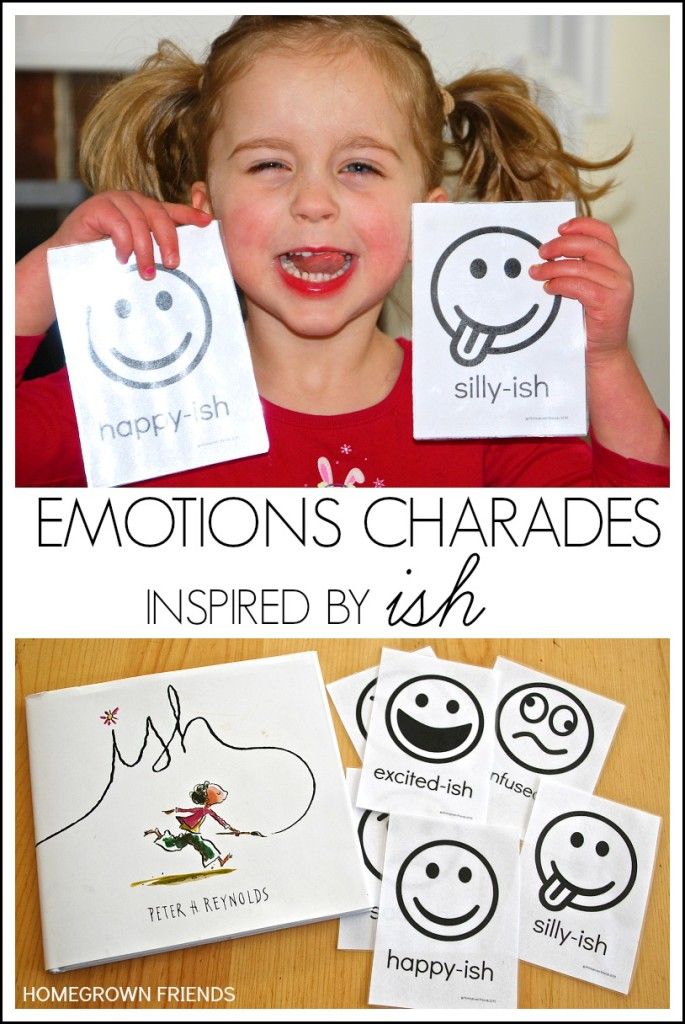
Rather, it is about giving them enough opportunities to play and interact and encouraging certain types of games and activities that involve interaction and cooperation.
You can discuss or play social skills games around topics like feelings and how to cope with conflict, but it will only be through experiencing these feelings and conflicts that your children will really learn these lessons and understand these concepts in a meaningful way.
Here are some simple social development activities for 3-5-year-olds.
1.
PlaydatesInvite friends over for a playdate and take your children to play with friends as often as you can. Playing with siblings is also good interaction.
The more opportunities your child has to mix with others, the more they will practise socializing.
Don’t leave your young child alone with a friend if he is not yet comfortable. Give him time to build trust.
2.
Group GamesPlay group games that involve taking turns and following rules.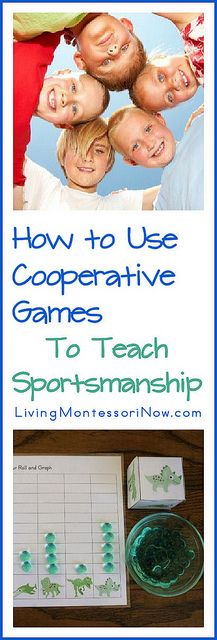
Children will learn with time that social interaction is fun and that in order for the game to work, they need to consider each other and all be active participants.
Also, encourage musical games such as musical chairs where there are rules to follow and children have to compete while still considering each other and being comfortable with losing sometimes (e.g. if your friend gets to a chair before you).
This takes maturity to understand.
3.
Board GamesBoard games are an excellent activity for older preschool children. These should have multiple players (even if you start with 2), rules and an objective (e.g. in Snakes and Ladders the objective is to reach the end first).
It can be a complex task for a child to learn to follow rules and keep the game positive while competing with friends or family members.
Younger children can start with simple card games or very basic board games.
4.
Fantasy PlayFantasy, or dress-up play, is an important part of learning to socialize.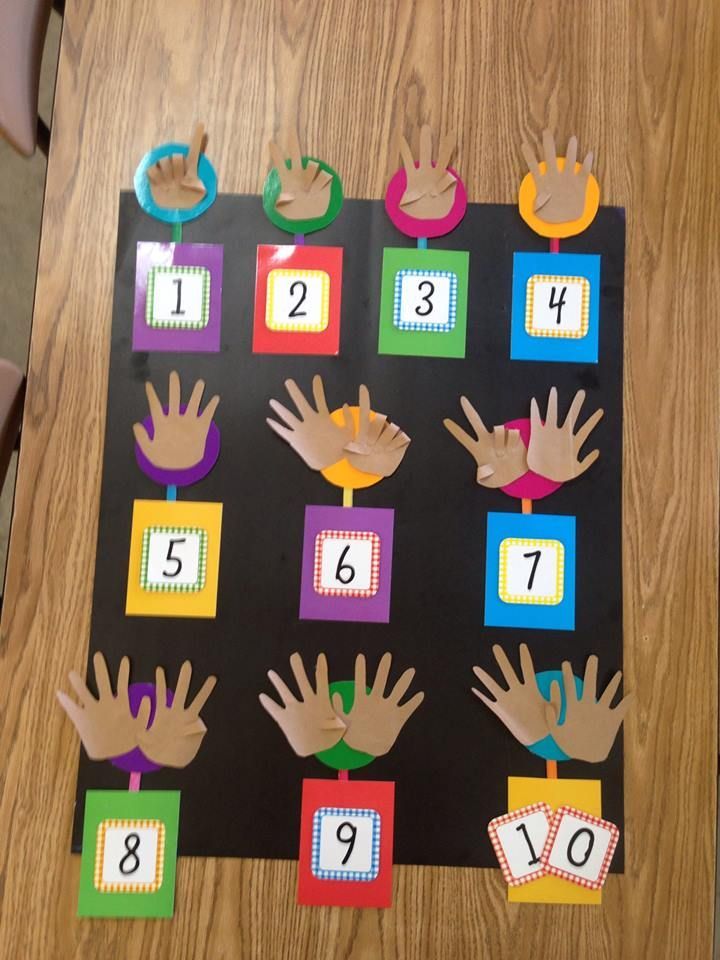 During this kind of play, children make sense of their world and the people around them by role-playing.
During this kind of play, children make sense of their world and the people around them by role-playing.
This is how they “practise” being an adult, behaving and interacting as an adult would. They also act out their own social customs and norms.
Fantasy play is a great social learning activity for children playing with one or more friends, as well as for smaller children playing alone.
Even though the child is alone, the activity revolves around pretending to interact with others, which is a great way to safely act out an interaction.
Provide opportunities at home by having a dress-up section in your child’s room. Provide different themed clothes and props and change them frequently to encourage new ideas.
5.
BlocksWhen children play with blocks together, they initially play alongside each other, building their own structures.
With time and maturity, they begin to share blocks, take an interest in each other’s structures and finally end up building something together.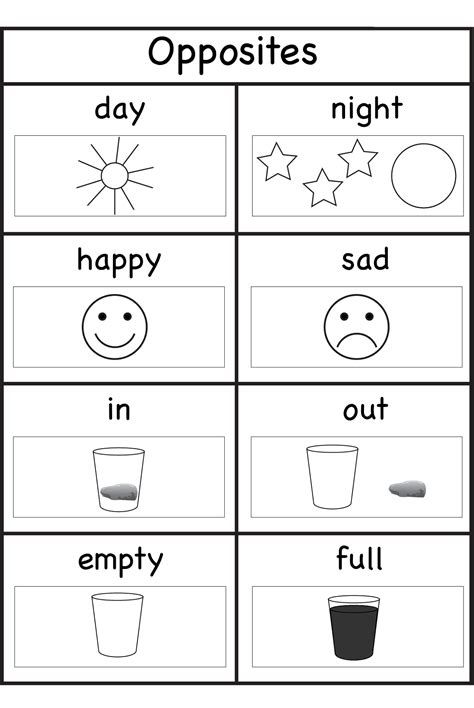
This is one of those activities where you will see this progression clearly.
By the time children are building together, they are learning to share, listen to each other’s ideas, problem-solve, organize, share opinions, negotiate, compromise and work towards a common goal.
6.
Sensory PlaySensory play is a fun activity that children love to do together. Whether they are playing with water, mud or sand, there is much sharing, negotiating and cooperation. It also often leads to fantasy play.
7.
Creative PlayWhen children are involved in creative activities such as drawing, painting, cutting, pasting or moulding playdough, they are often deep in conversation at the same time.
These activities usually happen around a table where the children are sitting calmly and are fully engaged with their playmates.
Some of the most intriguing and complex socializing I have witnessed has been around an art table.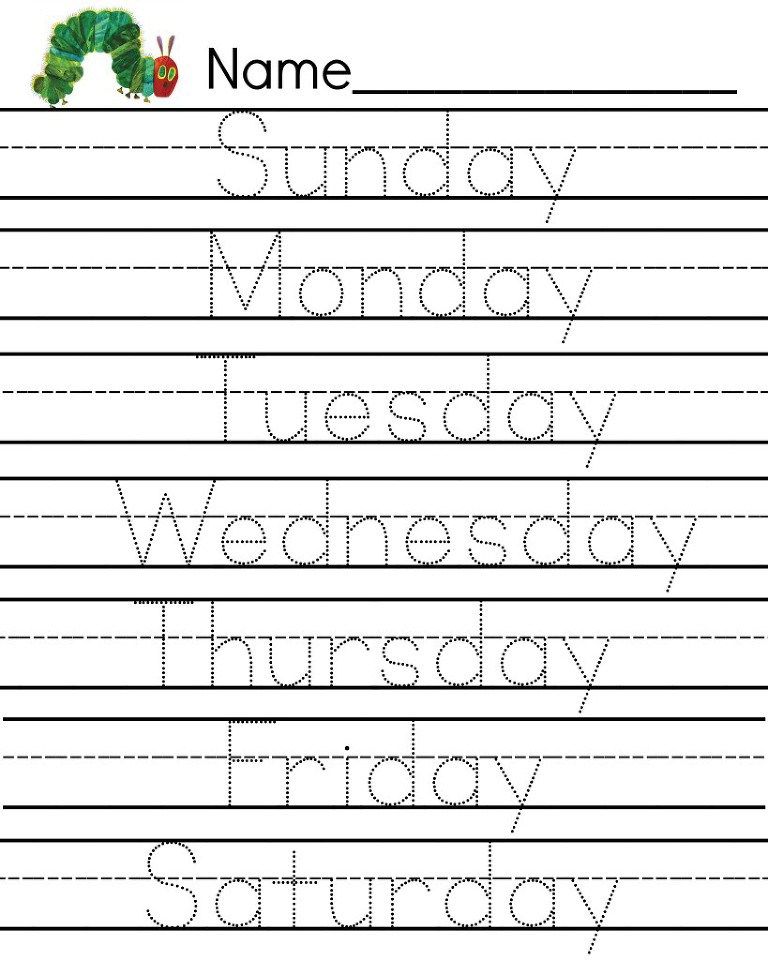
8.
ReadingReading to a child is my absolute favourite activity and one with so many benefits. Stories are all about people and animals and their relationships and interactions.
Read to your child daily and she will constantly be listening to how characters socialize, deal with problems, show emotions and generally interact.
You may find it hard to explain to a young child what empathy is, for example, but you can certainly teach the message with a story and let your child experience this trait on her own through listening.
9.
DiscussionsAlong with reading, discussions are another way to teach your children social skills.
Use every opportunity possible to discuss how your children feel, to talk about their friendships and even discuss the characters in the stories and how they handled certain situations.
When your children experience conflict with a friend, discussing possible solutions or how they can handle it is a far more educational experience than immediately intervening.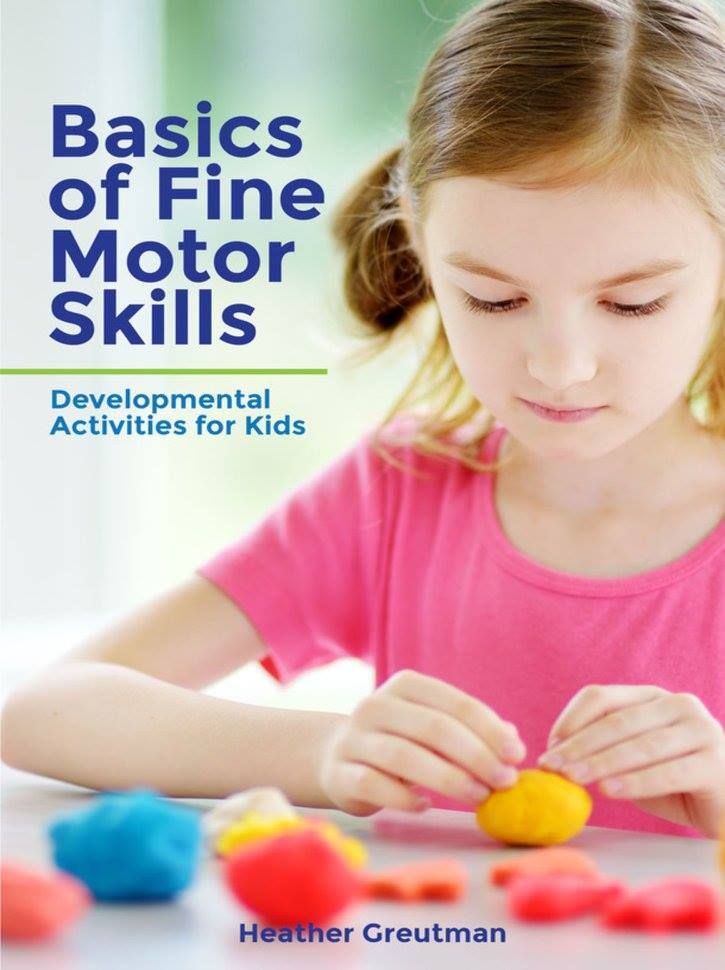
In my experience teaching in the classroom, the children who had lovely manners were taught at home as toddlers. Those who hadn’t been taught seldom spontaneously said please or thank you without being constantly prompted and reminded.
It is too late to teach a 3 or 4-year-old manners and courtesy. Start as early as possible.
11.
Free PlayThe best socializing and learning occurs naturally – when children are playing freely with each other.
You may choose to present and encourage certain activities, such as an art project, but know that any time spent playing with others is time they are learning valuable social skills.
Try not to let screen time or too many planned activities get in the way of real play and socializing.
…and don’t forget these two important points:
12.
Build a Healthy Relationship With Your ChildA child’s primary relationship – with his parents – is the basis for all future socializing.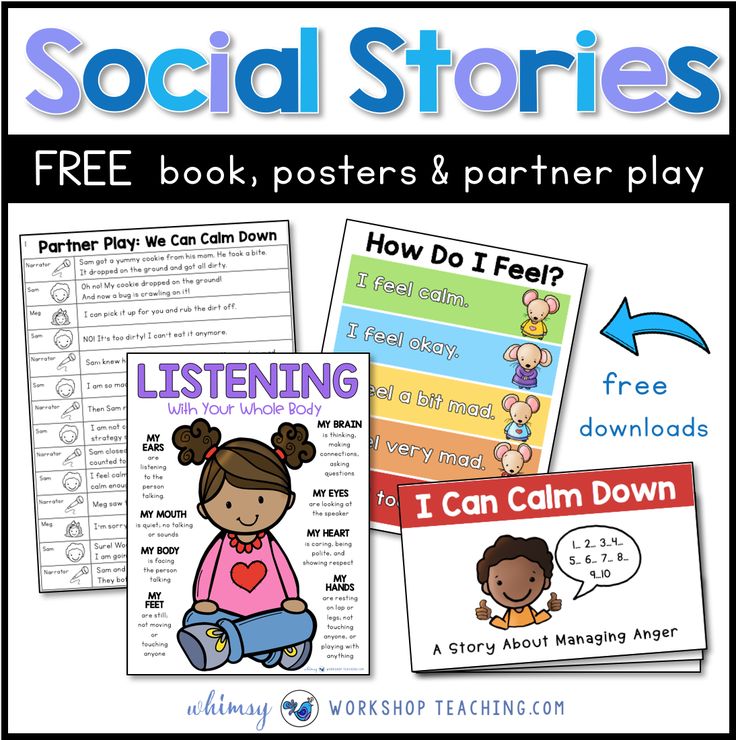
The relationship should be warm and close. Your child should feel love, security, acceptance, trust and self-esteem.
13.
Model Positive BehaviourChildren learn about socially acceptable behaviour by watching their parents. They learn more from watching you than from listening to you.
I hope you enjoyed these ideas and activities for developing social skills in preschoolers.
Join Empowered Parents + and you’ll receive a downloadable set of printable puzzles, games and short stories, as well as the Learning Through Play Activity Pack which includes an entire year of activities for 3 to 6-year-olds.
Access is free forever.
Signing up for a free Grow account is fast and easy and will allow you to bookmark articles to read later, on this website as well as many websites worldwide that use Grow.
- Share
Social and pedagogical activity on the formation of social skills in preschool children with mental retardation
Bibliographic description:
Osipova, T.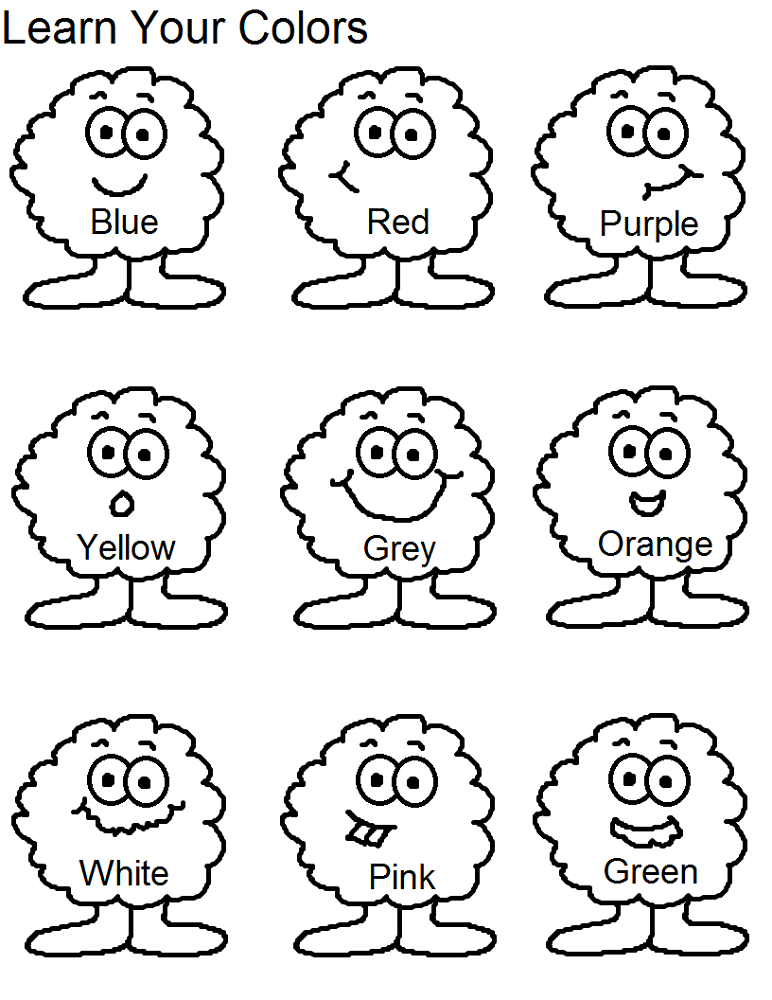 V. Social and pedagogical activity in the formation of social skills in preschool children with mental retardation / T. V. Osipova. - Text: direct // Young scientist. - 2015. - No. 2 (82). - S. 547-549. — URL: https://moluch.ru/archive/82/14436/ (date of access: 01/02/2023). nine0004
V. Social and pedagogical activity in the formation of social skills in preschool children with mental retardation / T. V. Osipova. - Text: direct // Young scientist. - 2015. - No. 2 (82). - S. 547-549. — URL: https://moluch.ru/archive/82/14436/ (date of access: 01/02/2023). nine0004
Currently, the problem of upbringing and education of preschool children with mental retardation is given considerable attention, both in the field of science and practice. This is due to the trend towards an increase in the number of children with developmental problems. 3
Children with mental retardation are a large category, heterogeneous in composition. Some of them have mild disorders of the central nervous system, due to its early organic damage. In other children, mental retardation develops against the background of functional immaturity of the central nervous system. Somatic weakness, the presence of a chronic disease can also cause a lag in neuropsychic development.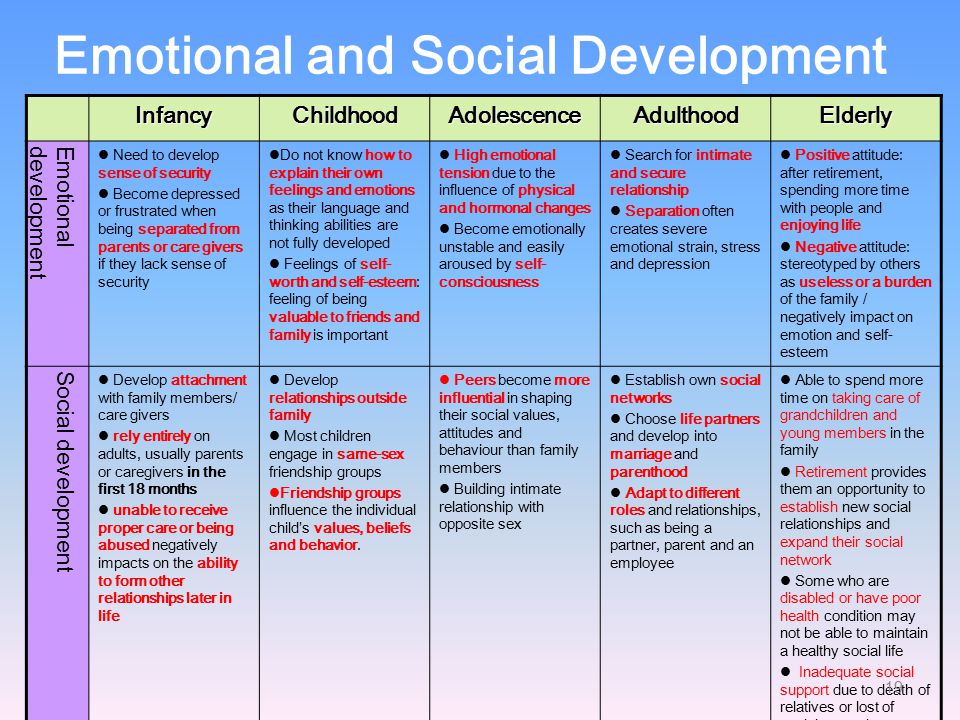 Unfavorable microsocial conditions, psychotraumatic situations are another cause of mental retardation in children. nine0011 5
Unfavorable microsocial conditions, psychotraumatic situations are another cause of mental retardation in children. nine0011 5
Timely organization of corrective action is the main factor that determines the social adaptation and rehabilitation of a problem child. To date, scientific research has convincingly shown and confirmed by practice that the greatest pedagogical opportunities for overcoming shortcomings in the development of a child are available in the period of early and preschool childhood, since during this period the psyche is most plastic.
At the present stage of development of the system of special education, the need for the purposeful development of effective social skills, providing conditions for productive interaction with others as important factors in the successful correction of behavioral and communication disorders in preschool children with mental retardation (MPD) has been recognized. nine0009
The system of specialized care for children with mental retardation developed and created by the efforts of domestic speech pathologists has achieved significant success in solving the problems of diagnosing and correcting cognitive impairments, developing general learning abilities in this group of children.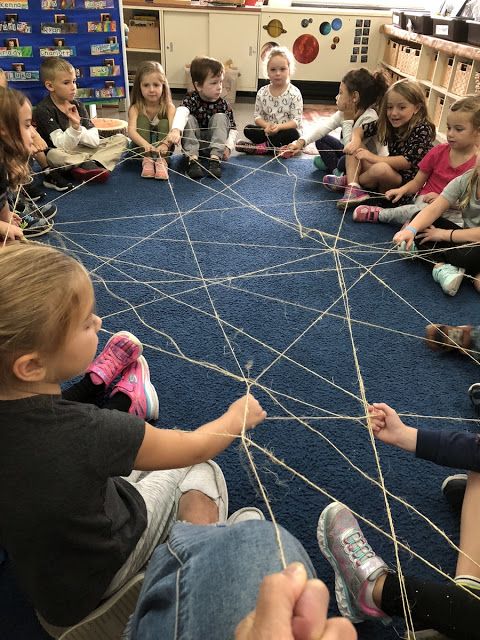
The most studied in the psychological and pedagogical literature are questions relating to general information about specific manifestations and causes of a decrease in the rate of mental development in children.
The communication of children with mental retardation has not been sufficiently studied, while the development of social and communication skills is the most important factor in the socialization of the child and compensation for violations in his development. nine0009
In the correctional work on the formation of social skills and abilities, an important role is given to speech pathologists, speech therapists, psychologists, but the role of a social teacher in this work is not considered at all. Meanwhile, the social and pedagogical factor in corrective work with preschool children with mental retardation cannot be ignored.
Features of preschool age as the most valuable and favorable in the development of social skills, the formation of a communicative function, as well as the insufficient development of evidence-based methods for the formation of social skills in preschool children with mental retardation in a preschool institution by the efforts of a social teacher are determined.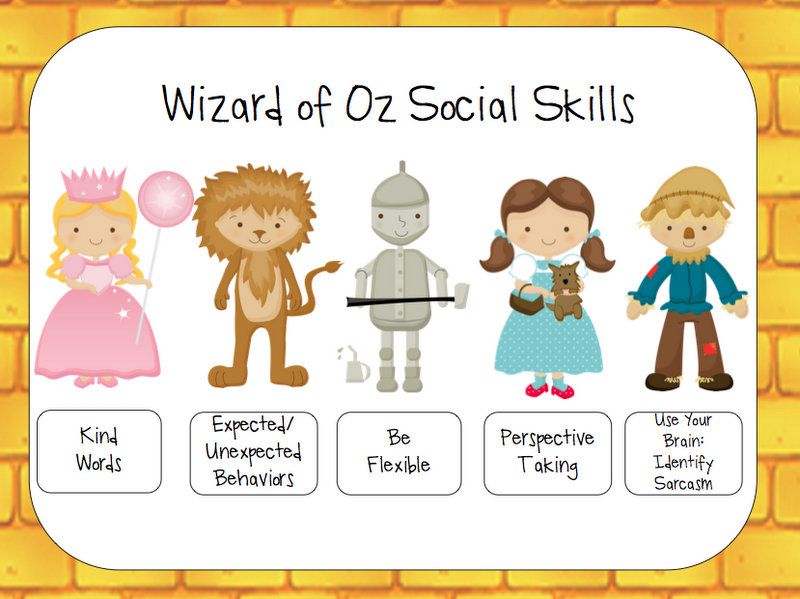 nine0009
nine0009
Social development is a consistent, multidimensional process and the result of socialization-individualization, during which a person is introduced to the "universal social" and constantly discovers, asserts himself as a subject of social culture.
Preschool age is a sensitive period in the social development of a person.
The social development of preschool children is carried out in the actual multidirectional activity to master the objective world and the world of relations between people. nine0009
A component of the social development of a preschooler is social skills (social and everyday and communicative), which are formed in a variety of activities of preschoolers, in their communication with adults and peers.
An analysis of the psychological and pedagogical characteristics of preschool children with mental retardation shows that the psychological and social development of such children is difficult, which necessitates the targeted formation of their social (social - household and communication) skills.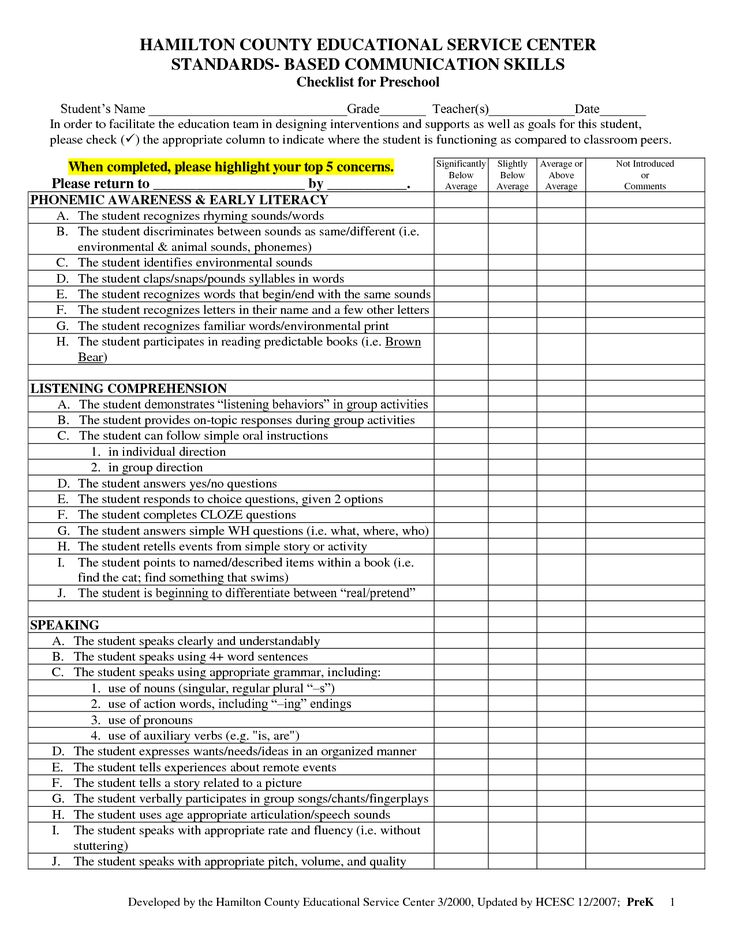 In turn, a social teacher in work aimed at developing social skills in children with mental retardation should take into account the indicated features of children in this group. nine0009
In turn, a social teacher in work aimed at developing social skills in children with mental retardation should take into account the indicated features of children in this group. nine0009
A social teacher in a preschool educational institution for children with mental retardation is the organizer of active cooperation between teachers and specialists of preschool educational institutions, children, parents, various social structures to provide real, qualified, comprehensive and timely assistance to children with mental retardation in their correction and social rehabilitation, protection of their rights. 6
The main areas of social and pedagogical activities for the formation of social and communication skills in preschool institutions for children with mental retardation are:
- correctional and developmental activities with children to master social knowledge, skills and abilities;
- wide use of theatrical games and special exercises for the purposeful formation of social skills;
- active involvement of parents in the correctional process through their targeted training in the ability to interact with their children;
- professional development of teachers in the field of building educational communication and productive interaction with children with mental retardation in a preschool institution.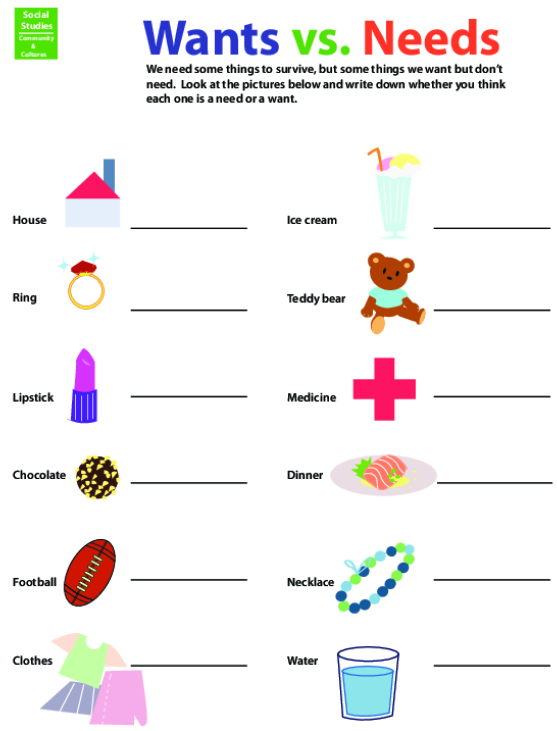 nine0009
nine0009
Literature:
1. Alifanova E. M. Formation of the communicative competence of children of preschool and primary school age by means of theatrical games. Volgograd, 2001. - 168 p.
2. Bavykina G. N. Speech development of preschoolers. Komsomolsk-on-Amur, 2006. - 160 p.
3. Blinova LF Social and personal development of children of senior preschool age. Kazan, 2007.
4. Boikov, D.I. On the communicative determinants of the personality differentiation of a child with disabilities // Defectology. - 2005. No. 4. S. 27–32. nine0009
5. Vygotsky L.S. Psychology of child development. M.: Meaning, 2004. — 512 p.
6. Danilina T. A., Stepina N. M. Social partnership of teachers, children and parents. M., 2004.
7. Diagnosis and correction of mental retardation in children / Ed. S. G. Shevchenko. Moscow: Arkti, 2001. — 224 p.
8. Dmitrieva, E.E. On the peculiarities of communication with an adult of six-year-old children with mental retardation // Defectology.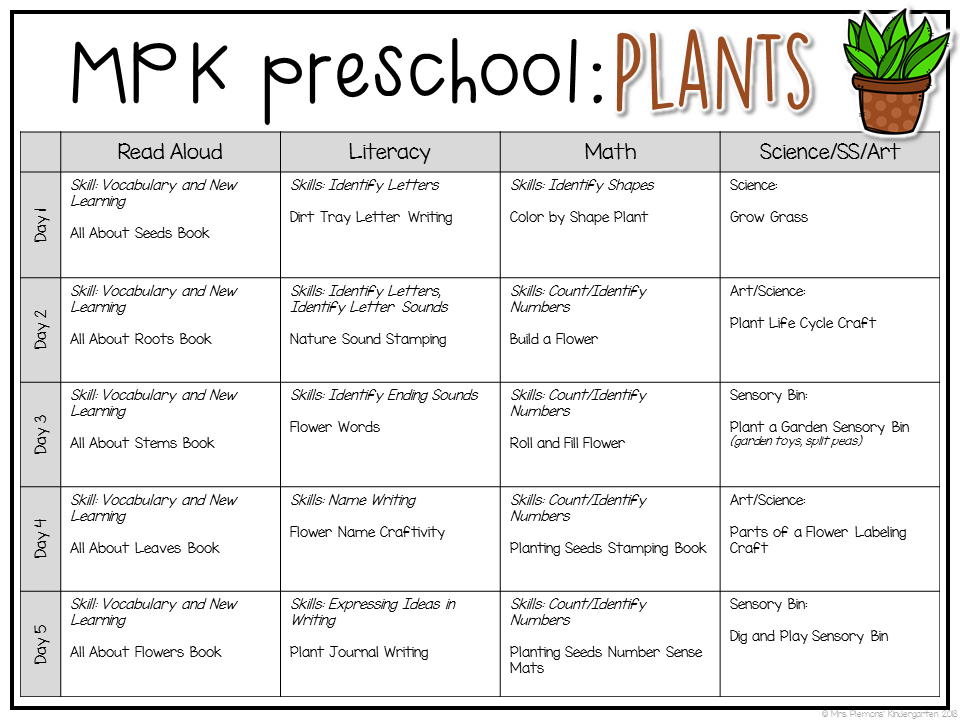 - 2005. - No. 2. C. 27–32. nine0009
- 2005. - No. 2. C. 27–32. nine0009
9. Dudyev V.P. A systematic approach to the development of the communicative potential of preschool children with general speech underdevelopment // Logopedia. - 2006. - No. 2. S. 22–26.
10. Ekzhanova E.A. Correctional and pedagogical assistance to children of preschool age. St. Petersburg: KARO, 2008. — 336 p.
Basic terms (automatically generated) : preschool age, child, skill, social teacher, mental development, preschool institution, correctional work, productive interaction, social development, purposeful formation. nine0009
Social development preschoolers | Journal article...
Social development preschoolers . Author: Aliyeva Shahla Qasim gizi. Heading: Pedagogy .
Basic terms (automatically generated): child , preschool age , preschool education , kindergarten, social -personal development .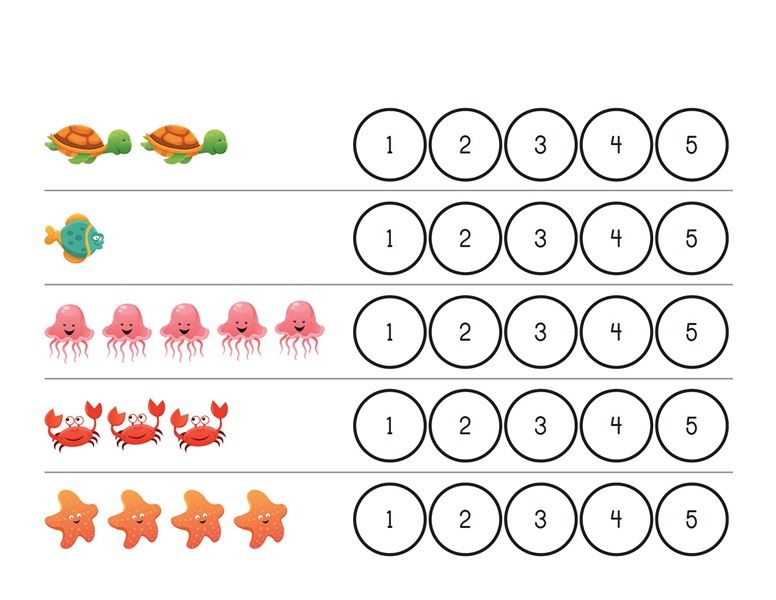 ..
..
Social -personal development children in conditions preschool ...
Preschool age is the period of the formation of the inner life of the child and his personality. Realizing that this is the age of active growing up of a child and his social personal development , kindergarten teachers pay a lot of attention to this area.
Socialization
children junior preschool age ... Key words: socialization children , junior preschool age , interaction preschool educational institution and family. As you know, man is a social being and is formed in the presence of social conditions of life.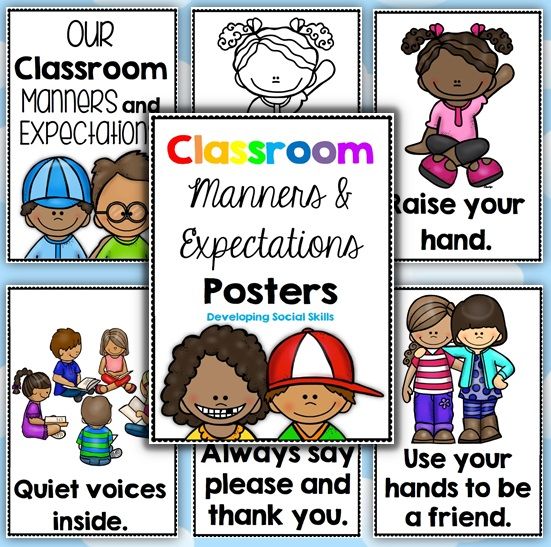 nine0009
nine0009
Organization work on the socialization of children in different age ...
Federal State Educational Standard preschool education defines one of the priority lines development personality child formation of communicative competencies, social development 9009
The game as a leading activity in
social personal ...The main methods social - personal development children preschool age are: - organization life and game developing situations ...
Socialization and
social adaptation children early age .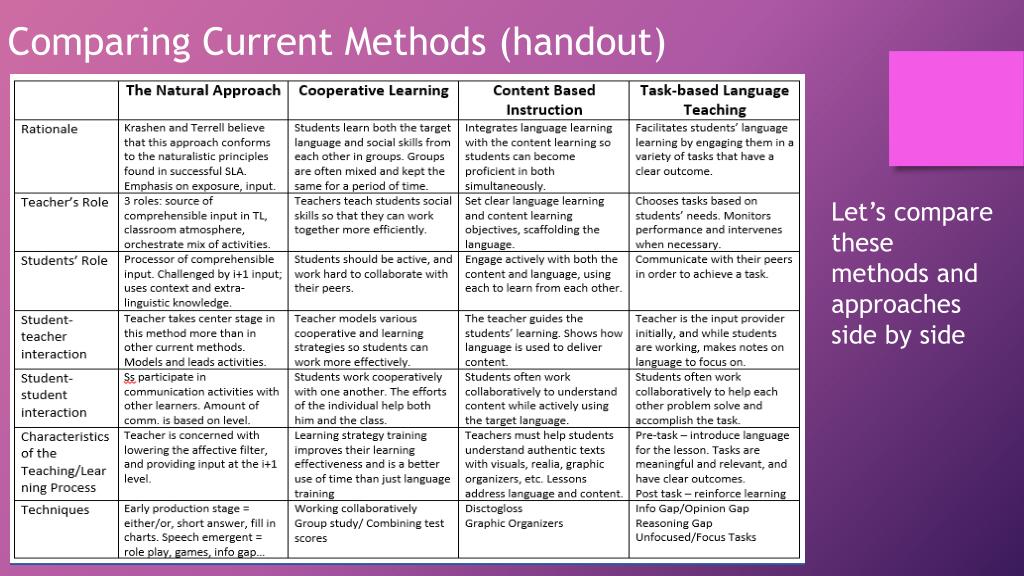 .. nine0005
.. nine0005 ‒ Development social skills children .
Basic terms (generated automatically): Child , skill children , game, kindergarten, teacher , Preschool education , Preschool Age , attitude, social experience, experience, experience, experience, experience, experience, experience, experience, experience adult.
Correction originality of communicative skills in children ...
Senior Preschool Age , Child , skill , Preschool Age , Country , Field Communication Communication Children , Complete Psycho, Joint Pup development , adult.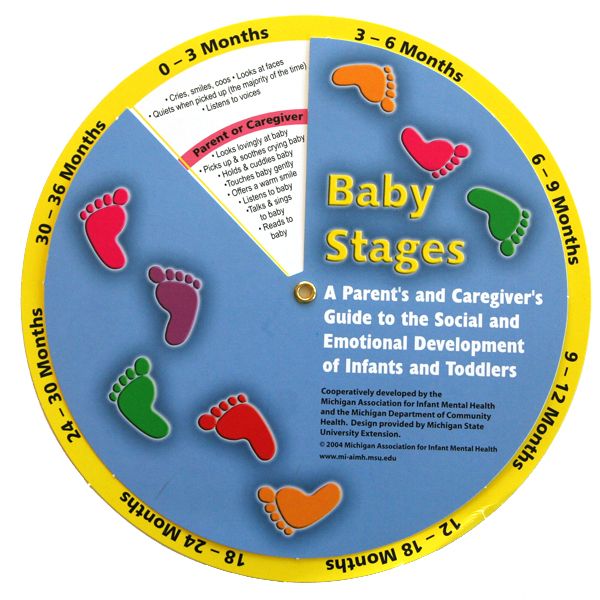
Development skills communication and interaction with peers...
V. A. Sukhomlinsky. The development of skills communication in children older preschool age is one of the main aspects in the process of their social adaptation in the outside world.
Formation social experience children senior... nine0005
Formation social experience children preschool age is the foundation in the manifestation of social culture. The success of this process in a preschooler depends on the correct organization of free communication .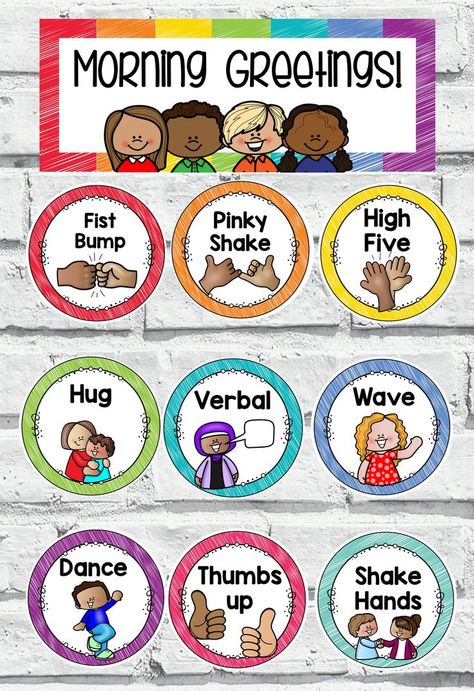 In the same way, depends development ...
In the same way, depends development ...
Social development preschoolers | Journal article...
Social development preschoolers . Author: Aliyeva Shahla Qasim gizi. Heading: Pedagogy .
Basic terms (automatically generated): child , preschool age , preschool education , kindergarten, social - personal development ... Social -personal development children in conditions preschool ...
Preschool age is the period of the formation of the inner life of the child and his personality.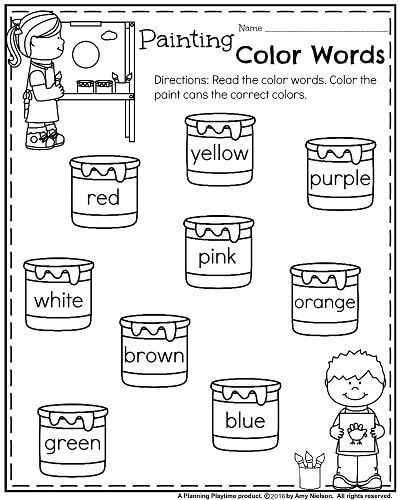 Realizing that this is the age of active growing up of the child and his social -personal development , kindergarten teachers pay much attention to this direction. nine0009
Realizing that this is the age of active growing up of the child and his social -personal development , kindergarten teachers pay much attention to this direction. nine0009
Socialization
children junior preschool age ...Key words: socialization children , junior preschool age , interaction preschool educational institution and family. As you know, man is a social being and is formed in the presence of social conditions of life.
Organization work for the socialization of children in different ages...
Federal State Educational Standard preschool education defines one of the priority lines development personality child formation of communicative competencies, social development 9009
The game as a leading activity in
social - personal.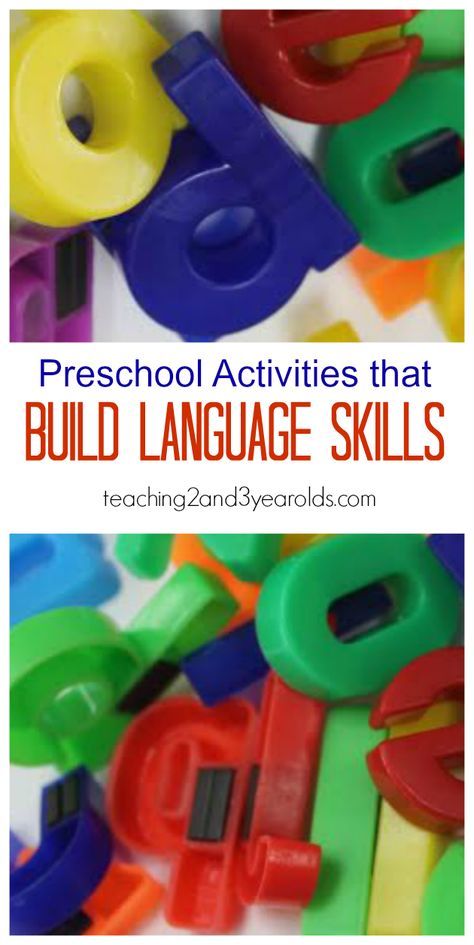 ..
.. The main methods social - personal development children preschool age are: - organization life and game developing situations ...
Socialization and
social adaptation children early age ...‒ Development Social skills children .
Basic terms (generated automatically): Child , skill children , game, kindergarten, teacher , Preschool education , Preschool Age , attitude, social experience, experience, experience, experience, experience, experience, experience, experience, experience adult.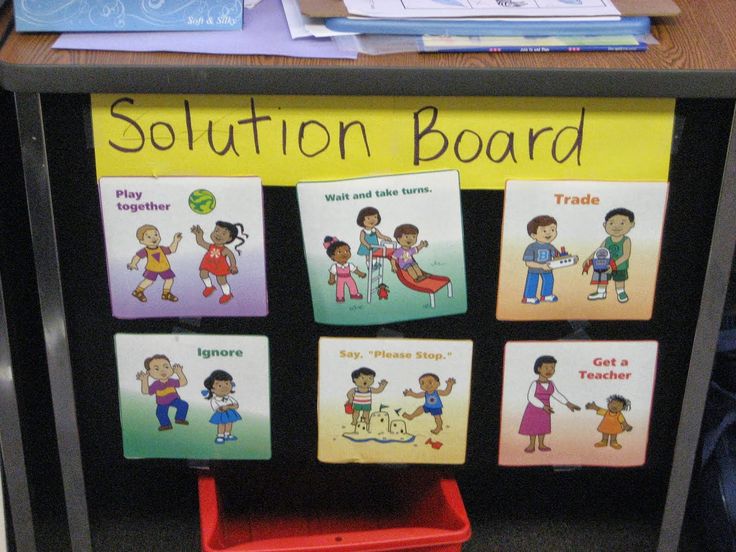
Correction originality of communicative skills in children ... nine0005
Senior Preschool Age , Child , skill , Preschool Age , Country , Field Communication Communication Children , Complete Psychot, Joint Pup development , adult.
Development skills communication and interaction with peers... nine0005
V. A. Sukhomlinsky. The development of skills communication in children older preschool age is one of the main aspects in the process of their social adaptation in the outside world.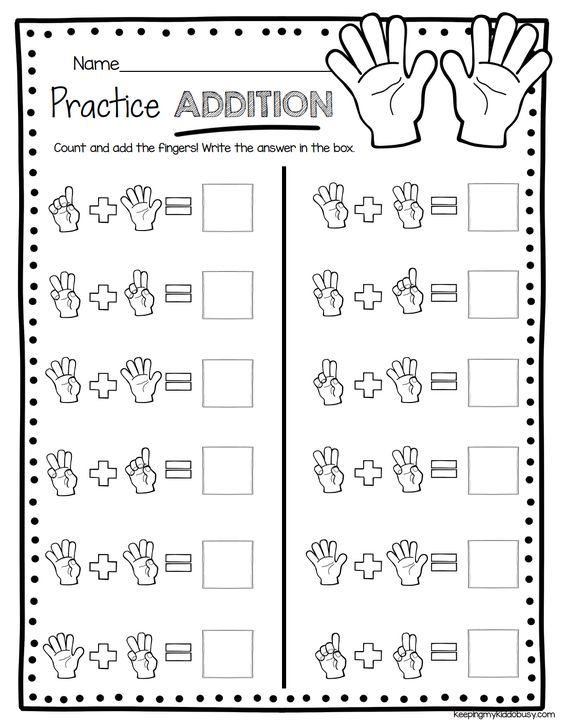
Formation social experience children senior...
Formation social experience children preschool age is the foundation in the manifestation social culture . The success of this process in a preschooler depends on the correct organization of free communication . In the same way, development depends ...
Social and communicative development
State authorities
subjects of the Russian Federation,
0009
Office in the field of education
Ministry of Education and Science of the Russian Federation (Ministry of Education and Science of Russia)
Department of General Education
February 28, 2014 No.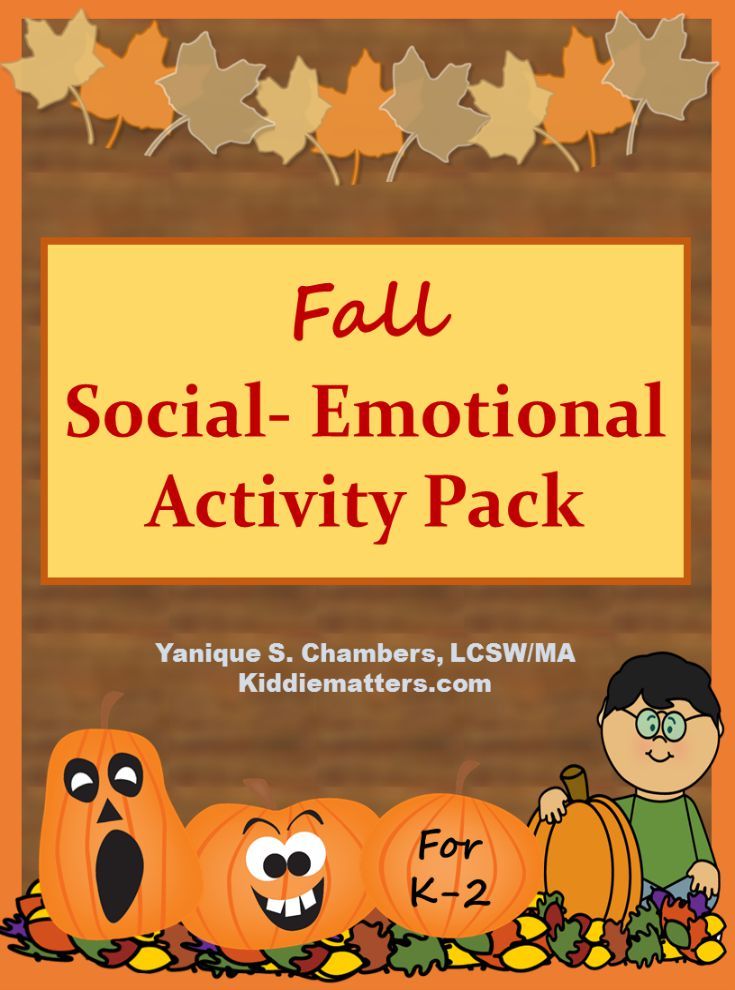 08-249
08-249
Pursuant to point 1.3. section I of the Action Plan to ensure the introduction of the Federal State Educational Standard for Preschool Education of the Ministry of Education and Science of the Russian Federation (approved by the First Deputy Minister of Education and Science of the Russian Federation N.V. Tretiak on December 31, 2013) comments on certain issues of the introduction of the federal state educational standard for preschool education, approved by order of the Ministry of Education and Science of Russia dated October 17, 2013 No. 1155 (registered with the Ministry of Justice of Russia on November 14, 2013 No. 30384). nine0009
These comments were developed by the FGAU "Federal Institute for the Development of Education" on the basis of questions that arise from heads and specialists of state authorities of the constituent entities of the Russian Federation that carry out state administration in the field of education, heads of educational organizations that implement educational programs for preschool education and practitioners of preschool education .
Application: on l. in 1 copy.
Deputy Director of the Department Yu.V. Smirnova
Appendix
Comments on the federal state educational standard for preschool education
Comments on section I of paragraph 1.3. subparagraph 2
This paragraph of the Federal State Educational Standard for Preschool Education (hereinafter - GEF DO, Standard) contains an indication of the different age capabilities of children in the development and implementation of an educational program (hereinafter - the Program) in an organization engaged in educational activities (hereinafter - the Organization ) In practice, most often (in the context of organizing same-age groups) the Program is formed for children of different ages, broken down into stages of development: initial - for children of early (infant) age, final - senior preschool age. A variety of age opportunities for children requires the creation of different conditions, which is taken into account by the requirements of the Standard, while at the same time, this norm fixes the priority of the individual abilities and interests of the child over the content of the Program at one stage or another of its development in a group of children, for example, when a child appears in a kindergarten group in middle / end of the development of the Program by the group.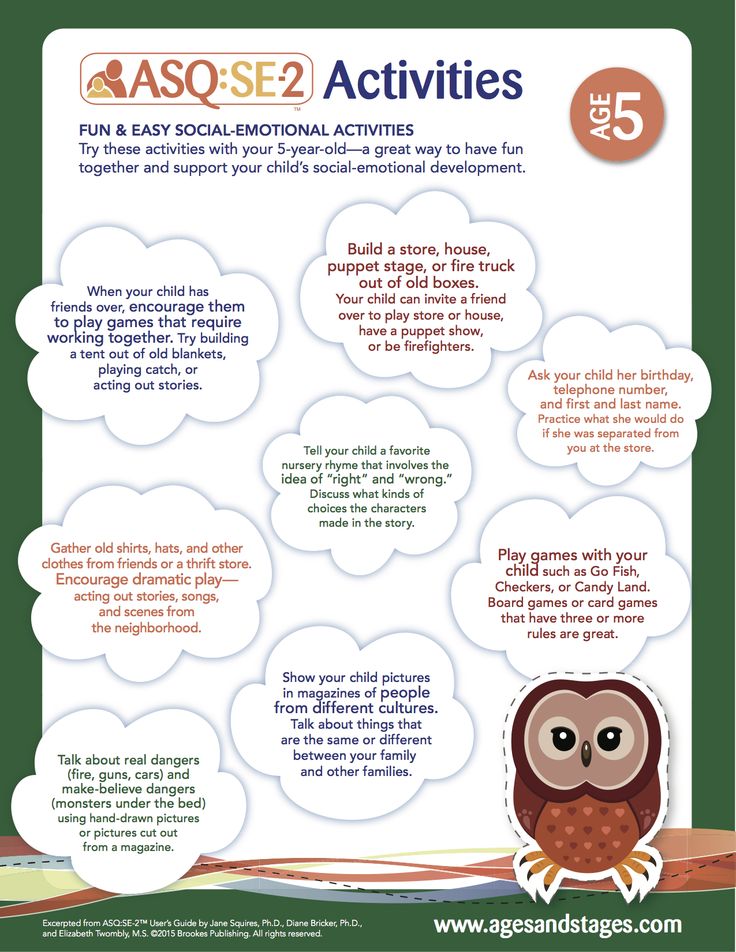 In this case, teachers should focus on the interests, abilities and inclinations of the child, and not on the content of the current stage of the Program. nine0009
In this case, teachers should focus on the interests, abilities and inclinations of the child, and not on the content of the current stage of the Program. nine0009
Comments on section II of paragraph 2.2.
In accordance with this paragraph of the Standard, as well as with paragraph 13 of the Procedure for organizing and implementing educational activities for the main general educational programs - educational programs for preschool education, (Order of the Ministry of Education and Science of Russia dated August 30, 2013 No. 1014), of group of various directions (general developmental, compensatory, health-improving or combined), which are structural divisions of a preschool educational organization (hereinafter - PEO) and conduct educational activities, can implement various educational programs in accordance with the requirements of the Federal State Educational Standard DO and taking into account the exemplary basic educational programs of preschool education.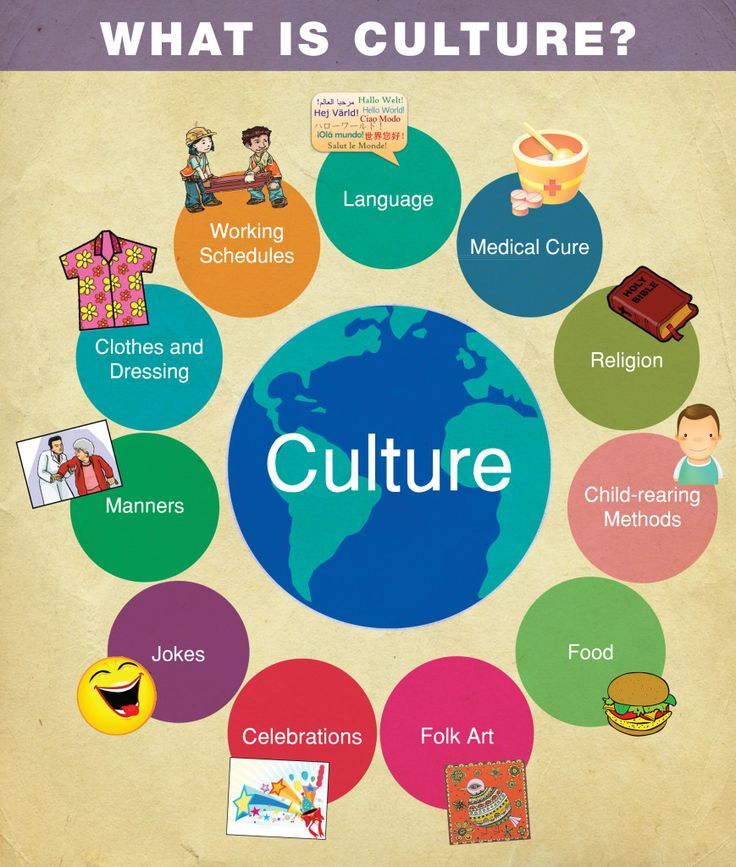 When implementing several educational programs of preschool education, each of them must be approved by the Organization and comply with the requirements of paragraph 9 of Article 2 of the Federal Law "On Education in the Russian Federation" dated December 29, 2012 No. 273-FZ (hereinafter referred to as the Law), while, if the educational program for a separate group of preschool educational institutions is developed using an exemplary basic educational program, the obligatory part of the educational program is the group in accordance with paragraph 2.12. GEF DO can be drawn up as a link to the corresponding exemplary basic educational program. Part of the program formed by participants in educational relations, in accordance with clause 2.12. GEF DO can also be made in the form of a link to the relevant methodological literature representing partial programs and / or methodological developments used by the group in the implementation of this part of the program. nine0090
When implementing several educational programs of preschool education, each of them must be approved by the Organization and comply with the requirements of paragraph 9 of Article 2 of the Federal Law "On Education in the Russian Federation" dated December 29, 2012 No. 273-FZ (hereinafter referred to as the Law), while, if the educational program for a separate group of preschool educational institutions is developed using an exemplary basic educational program, the obligatory part of the educational program is the group in accordance with paragraph 2.12. GEF DO can be drawn up as a link to the corresponding exemplary basic educational program. Part of the program formed by participants in educational relations, in accordance with clause 2.12. GEF DO can also be made in the form of a link to the relevant methodological literature representing partial programs and / or methodological developments used by the group in the implementation of this part of the program. nine0090
If the educational program of the group is developed solely on the basis of the requirements of the Federal State Educational Standard, without taking into account the approximate (exemplary) programs, then the mandatory part and the part formed by the participants in the educational process are developed in accordance with the requirements of paragraph 2.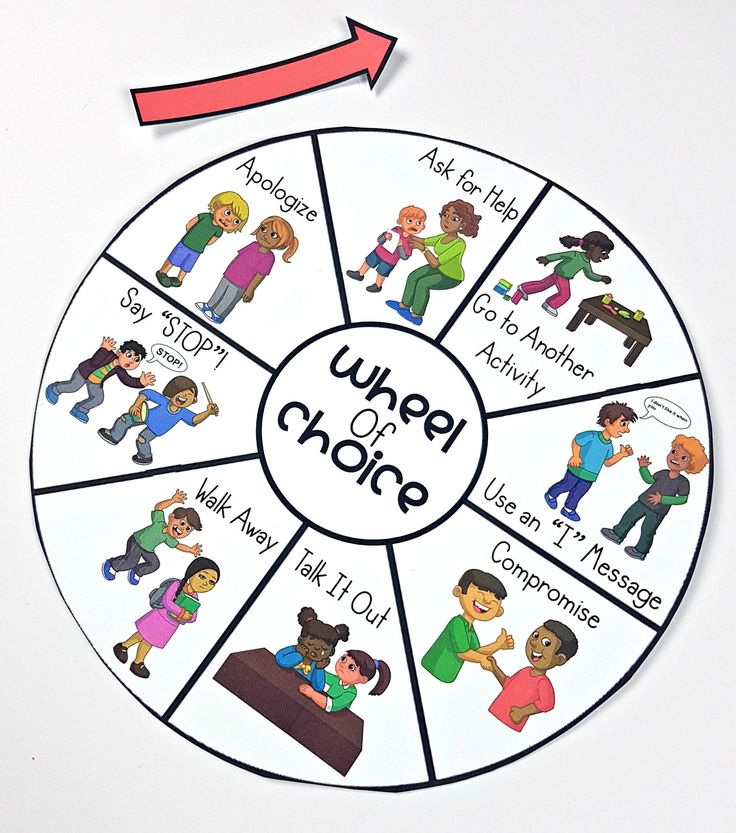 11.
11.
Comments on section II of paragraph 2.5.
This rule assumes that when developing the educational program (programs) of a particular Organization, exemplary basic educational programs of preschool education included in the register of exemplary basic educational programs (Article 12 of the Law) can be used. An organization (group) can develop programs on its own, without relying on any (any) exemplary programs. The term “taking into account” used in this paragraph, as well as in the Law, means the right and the opportunity given to the Organization to get acquainted with the existing exemplary programs, evaluate their suitability for their educational activities and decide on the use or non-use of these exemplary programs when developing the program (programs) of the ECE . nine0009
The choice of the mode of operation of the preschool group is carried out by the Organization independently (taking into account the volume of tasks to be solved, the opinions of participants in educational relations).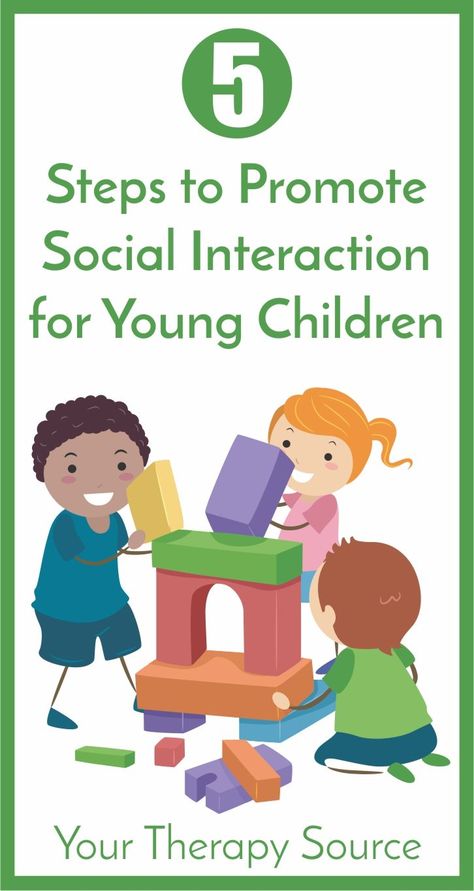 Thus, the compliance of the organizational features of the implementation of the Program with its content is ensured. To ensure budget financing of the entire time of work of teaching and educational support staff in the group, the duration of the Program implementation in days should correspond to the selected mode of work of the group, which should be reflected in Program . When functioning in the Organization groups with several different modes of stay of children, the Program must take into account the possibility of its implementation in the relevant groups, or appropriate programs must be developed for each mode (at the same time, the differences between these programs may be insignificant). The right to implement several basic general education programs is enshrined in Article 12 of the Law. The program can correspond to any mode of work of the group, not exceeding 14 hours a day. If the group's work schedule exceeds 14 hours a day, the Program is implemented no more than 14 hours from the total time of the children's stay.
Thus, the compliance of the organizational features of the implementation of the Program with its content is ensured. To ensure budget financing of the entire time of work of teaching and educational support staff in the group, the duration of the Program implementation in days should correspond to the selected mode of work of the group, which should be reflected in Program . When functioning in the Organization groups with several different modes of stay of children, the Program must take into account the possibility of its implementation in the relevant groups, or appropriate programs must be developed for each mode (at the same time, the differences between these programs may be insignificant). The right to implement several basic general education programs is enshrined in Article 12 of the Law. The program can correspond to any mode of work of the group, not exceeding 14 hours a day. If the group's work schedule exceeds 14 hours a day, the Program is implemented no more than 14 hours from the total time of the children's stay.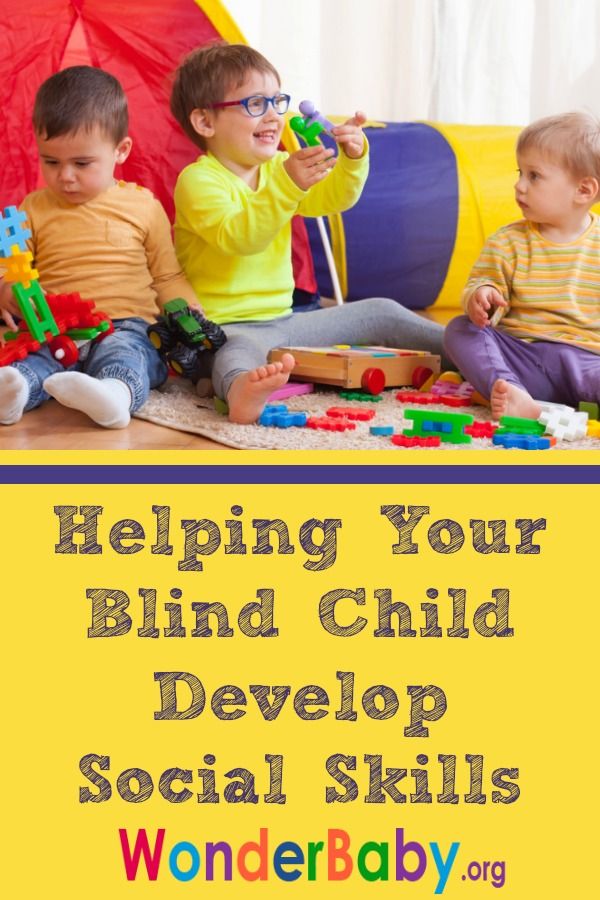 nine0009
nine0009
The implementation of the program does not imply restrictions on the provision of additional paid educational services to pupils . The receipt of such services by pupils should be regulated by agreements (in accordance with the approved model form of an agreement on education for educational programs of preschool education, order of the Ministry of Education and Science of Russia dated January 13, 2014 No. 8 (sent to the Ministry of Justice of Russia for state registration). If the Program is implemented in during the entire time the children stay in the Organization (the duration of the group’s work corresponds to the duration of the Program), the pupil can receive an additional paid service simultaneously with the implementation of the Program in the group, provided that the pupil is actually absent from the group. use their right to choose the form of the child's education and the organization that carries out educational activities.0089 At the same time, if at least one child actually remains in the group, the implementation of the Program in it does not stop, only the education of the pupil receiving the additional service is interrupted.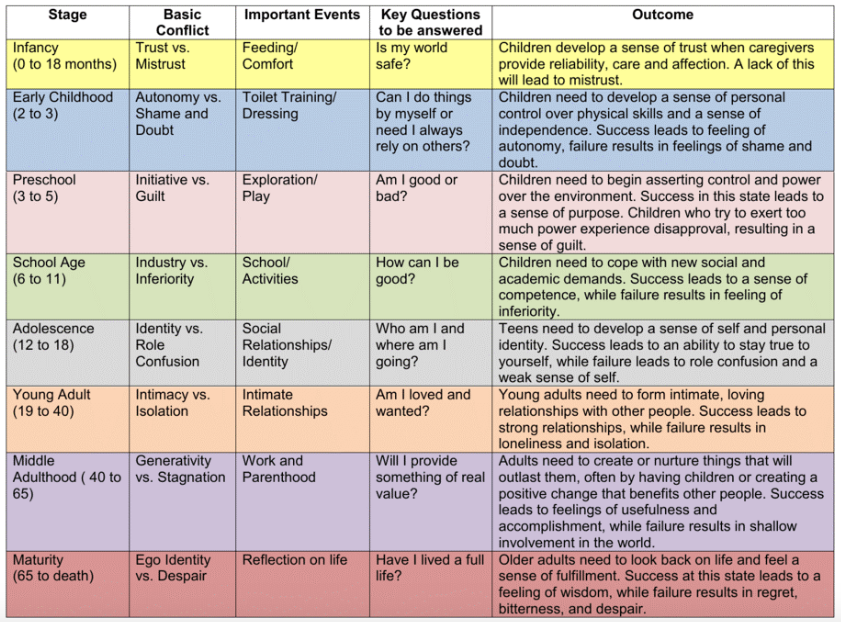
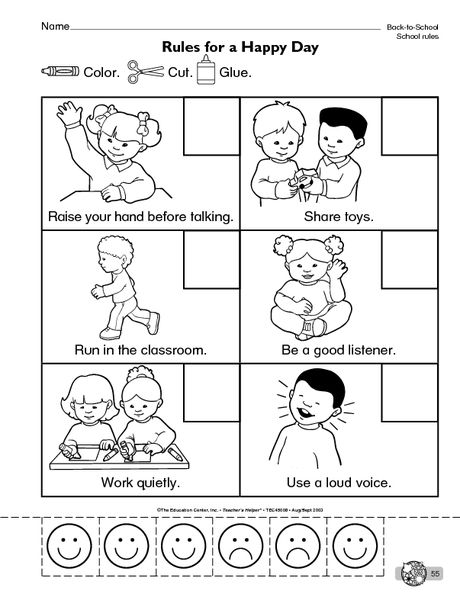 At the same time, the issue of parallel development of the Program and additional general education programs in one Organization should be regulated by local regulatory legal acts of such an Organization. nine0009
At the same time, the issue of parallel development of the Program and additional general education programs in one Organization should be regulated by local regulatory legal acts of such an Organization. nine0009 Comments to section II of paragraph 2.7. (first paragraph)
This norm means that the content of the educational program (programs) of the preschool educational institution should not be pre-scheduled for specific educational areas, since it is determined by the specific situation in the group, namely: the individual inclinations of children, their interests, developmental features. Teachers working on child-oriented programs usually form the content in the course of educational activities, solving the problems of children's development depending on the current educational situation, based on the interests of an individual child or a group of children. This means that the specific content of the educational program plays the role of a means of development, is selected as developmental tasks are set and solved, and cannot always be set in advance.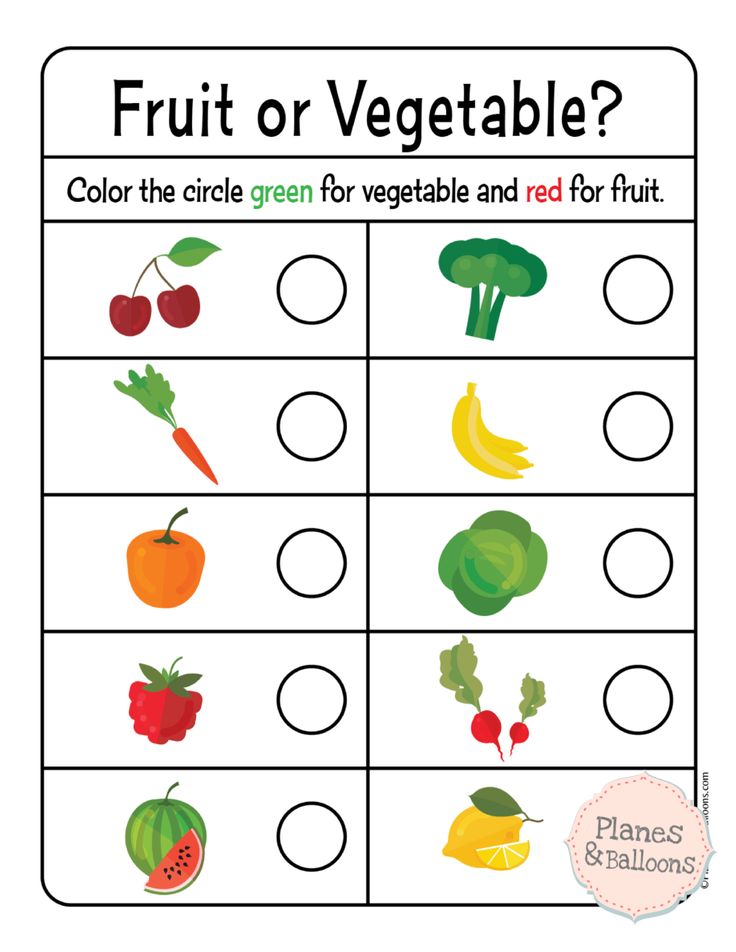 In addition, in practice, the specific content of educational activities usually ensures the development of children simultaneously in different areas - for example, in the field of socio-communicative, cognitive and speech development, or socio-communicative, artistic, aesthetic and physical development, etc. Thus, a certain educational technology or content of educational activities is often associated with the work of a teacher simultaneously in different educational areas. nine0009
In addition, in practice, the specific content of educational activities usually ensures the development of children simultaneously in different areas - for example, in the field of socio-communicative, cognitive and speech development, or socio-communicative, artistic, aesthetic and physical development, etc. Thus, a certain educational technology or content of educational activities is often associated with the work of a teacher simultaneously in different educational areas. nine0009
At the same time, there are sample programs that describe in detail certain educational content. If the Organization adopts such an exemplary program as the basis for its Programme, reference should be made to that Programme.
Comments on section II of clause 2.9. (second paragraph)
This GEF DO article emphasizes the complementary nature of child development in five educational areas.
Comments on section II of paragraph 2.10. nine0090
The ratio of parts of the educational program is advisory in nature and is intended to approximately estimate the proportion between the mandatory part of the program and the part formed by participants in educational relations.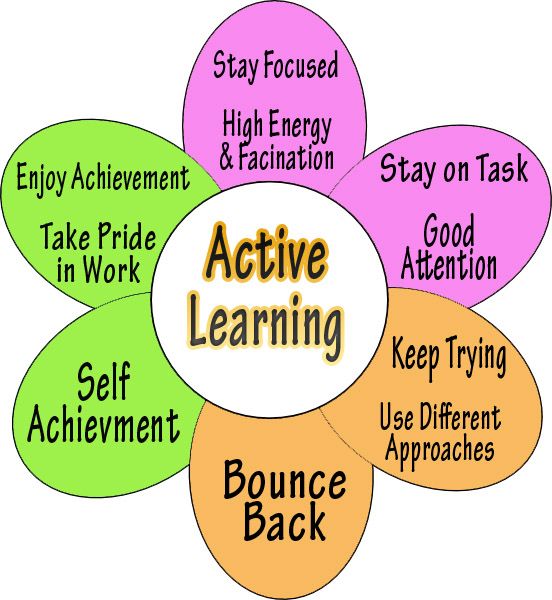 It should be borne in mind that the optional nature of the level of preschool education does not allow establishing a rigid correlation between the parts of the preschool program. The standard is focused on supporting the educational activities of a preschool educational institution as a program of positive socialization and individualization of preschool children, which involves the organization of educational activities depending on the individual characteristics of each child, which makes it difficult to strictly determine the scope of the mandatory part of the program in a preschool educational institution. nine0009
It should be borne in mind that the optional nature of the level of preschool education does not allow establishing a rigid correlation between the parts of the preschool program. The standard is focused on supporting the educational activities of a preschool educational institution as a program of positive socialization and individualization of preschool children, which involves the organization of educational activities depending on the individual characteristics of each child, which makes it difficult to strictly determine the scope of the mandatory part of the program in a preschool educational institution. nine0009
Comments on section III of paragraph 3.1.
This paragraph uses two similar terms, which, however, refer to different content and which should be distinguished: “developing object-spatial environment” and “educational environment”.
Developing object-spatial environment - these are educational equipment, materials, furniture, etc.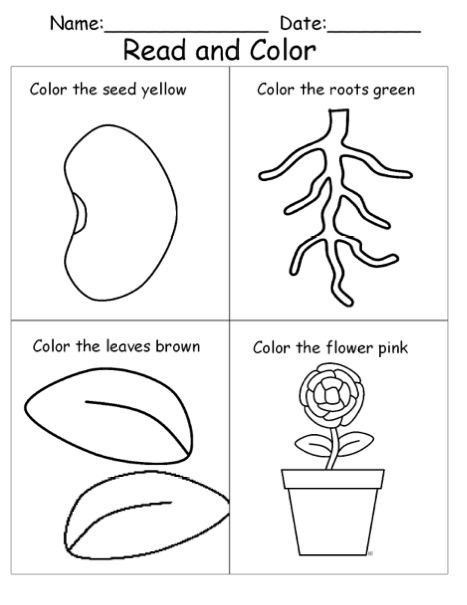 , specific for each Program of the Organization (group), in combination with certain principles for dividing the space of the Organization (group). nine0009
, specific for each Program of the Organization (group), in combination with certain principles for dividing the space of the Organization (group). nine0009
The educational environment means the whole range of conditions that ensure the development of children in a preschool educational organization, including the developing subject-spatial environment, interaction between teachers and children, children's play, developing the subject content of educational areas and other conditions listed in the Standard .
Comments on section III of paragraph 3.2.2. and to 3.4.4.
In accordance with paragraph 3 of Article 79of the Law, special conditions for obtaining education by students with disabilities are understood as the conditions for the education, upbringing and development of our students, including the use of special educational programs and methods of training and education, special textbooks, manuals and didactic materials, special technical means of teaching collective and for individual use, the provision of services of an assistant (assistant) providing students with the necessary technical assistance, conducting group and individual remedial classes, providing access to the buildings of Organizations and other conditions without which it is impossible or difficult for students with disabilities to master the Programs.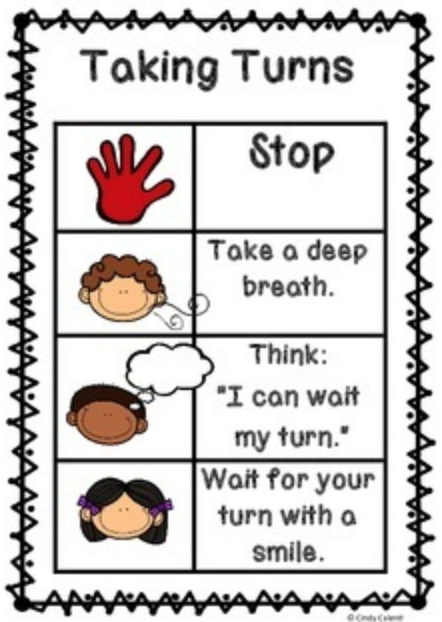 nine0009
nine0009
In accordance with the Federal Law of November 24, 1995 No. 181-FZ "On the Social Protection of Disabled Persons in the Russian Federation" (hereinafter - Federal Law No. 181-FZ), special conditions must be included in the individual program for the rehabilitation of a disabled person (hereinafter - IPR ). The IPR is mandatory for execution by all bodies and organizations without exception. The procedure for developing an individual rehabilitation program for a disabled person was approved by order of the Ministry of Health and Social Development of the Russian Federation dated August 4, 2008 No. 379n.
The volume and content of the services of an assistant (assistant) who provides students with the necessary technical assistance are determined by the Individual Rehabilitation Program for a Disabled Person (a list of rehabilitation measures aimed at restoring the disabled person's abilities for household, social, professional activities in accordance with the structure of his needs, range of interests and level claims (Resolution of the Ministry of Labor and Social Development of the Russian Federation of December 14, 1996, No.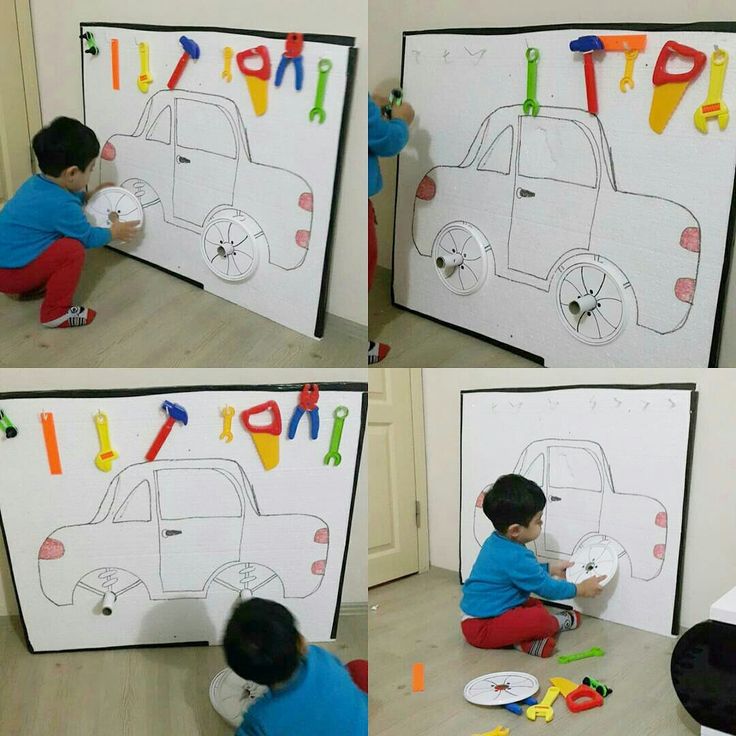 14).
14).
Comments on section III of paragraph 3.2.3.
Assessment of children's individual development is presented in the Standard in two forms of diagnostics - pedagogical and psychological. Pedagogical diagnostics is understood as such an assessment of the development of children, which is necessary for a teacher who works directly with children in order to receive "feedback" in the process of interacting with a child or with a group of children. At the same time, according to this article of the Standard, such an assessment of the individual development of children, first of all, is a professional tool of the teacher, which he can use if he needs to obtain information about the level of the child’s current development or about the dynamics of such development as the Program is implemented. nine0009
The article provides for tasks for which the results of pedagogical diagnostics can be used:
1. individualization of education, which may involve supporting the child, building his educational trajectory or correcting his development within the professional competence of the teacher;
2.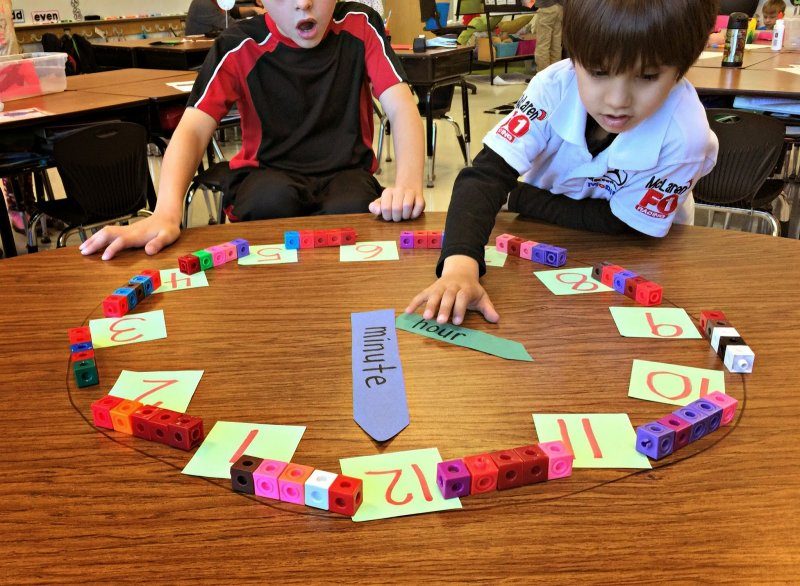 optimization of work with a group of children.
optimization of work with a group of children.
The teacher has the right, at his own choice or on the basis of consultations with specialists, to use the various recommendations for conducting such an assessment as part of pedagogical diagnostics in the Organization group, or to conduct it independently. The data obtained as a result of such an assessment are also professional materials of the teacher himself and are not subject to verification in the process of control and supervision . One or another degree of obligatory conduct by the teacher of pedagogical diagnostics is determined by the Program. At the same time, the conduct of pedagogical diagnostics cannot be made a duty of the teacher if the conditions for its conduct, including the provision of special education, are not created. Monitoring the effectiveness of the teacher, which, among other things, may include pedagogical assessment, can be carried out in the process of an independent assessment of the quality of education in the Organization (subparagraph 4 of paragraph 1.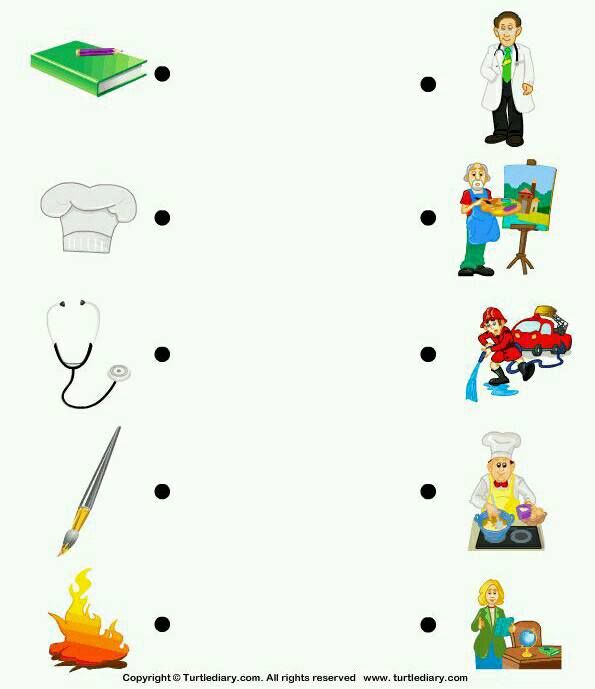 7. GEF DO; Article 95 of the Law).
7. GEF DO; Article 95 of the Law).
Psychological diagnostics of the child's individual development is carried out as necessary by qualified specialists - psychologists and / or educational psychologists. Its results are used for qualified correction of the development of children or for solving problems of psychological support for the development of a child (a group of children).
In order for a child to participate in psychological diagnostics, the consent of his parents (legal representatives) is required. If the Organization is an experimental platform (participant) for a long-term research program, this fact must be reflected in the Agreement between the Organization and the parents (legal representatives) of the child in order to obtain their informed consent to the ongoing research of the child's development. nine0009
In accordance with the Regulations on the Psychological-Medical-Pedagogical Commission, approved by the order of the Ministry of Education and Science of Russia dated September 20, 2013 No.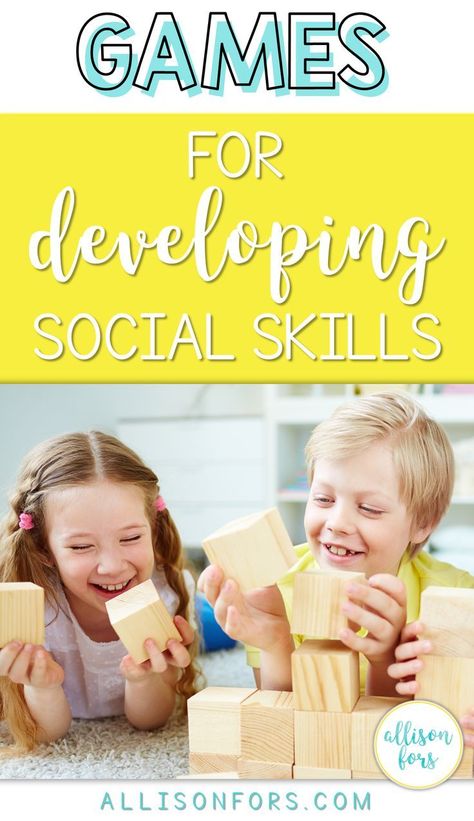 1082, a child with disabilities must be examined at a meeting of the Psychological-Medical-Pedagogical Commission (hereinafter referred to as PMPK) and receive recommendations.
1082, a child with disabilities must be examined at a meeting of the Psychological-Medical-Pedagogical Commission (hereinafter referred to as PMPK) and receive recommendations.
In accordance with paragraph 10 of the above Regulations, the main activities of the commission are:
a) conducting a survey of children aged 0 to 18 years in order to timely identify features in the physical and (or) mental development and (or) deviations in the behavior of children ; nine0009
b) preparing, based on the results of the survey, recommendations on providing psychological, medical and pedagogical assistance to children and organizing their education and upbringing, confirming, clarifying or changing recommendations previously given by the commission;
c) providing advice to parents (legal representatives) of children, employees of educational organizations, organizations providing social services, medical organizations, other organizations on the issues of upbringing, training and correction of developmental disorders of children with disabilities and (or) deviant (socially dangerous) behavior; nine0009
d) rendering assistance to federal institutions of medical and social expertise in the development of an individual rehabilitation program for a disabled child;
e) recording data on children with disabilities and (or) deviant (socially dangerous) behavior living in the territory of the commission;
f) participation in the organization of information and educational work with the population in the field of prevention and correction of deficiencies in physical and (or) mental development and (or) deviations in the behavior of children.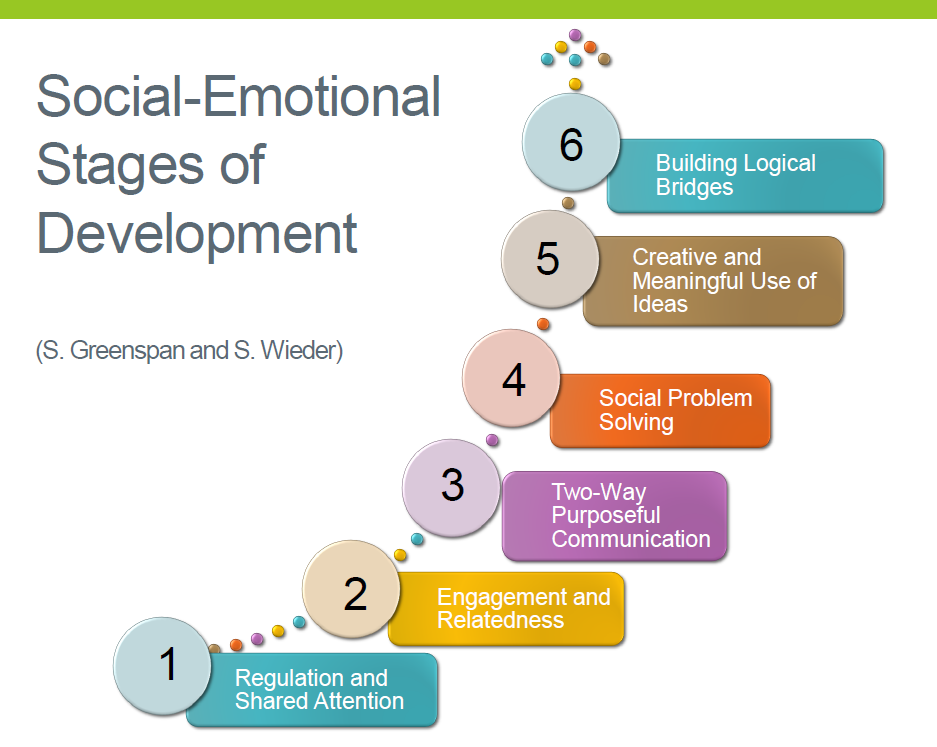 nine0009
nine0009
In accordance with paragraph 23 of the Regulations, the conclusion of the commission is valid for submission to the indicated bodies and organizations within a calendar year from the date of its signing.
Pedagogical assessment of the child's individual development is aimed primarily at determining the availability of conditions for the child's development in accordance with his age characteristics, abilities and individual inclinations. Unlike the conclusion of the psychological-medical-pedagogical commission (hereinafter - PMPK), it is not intended to identify features in the physical and (or) mental development and (or) deviations in the behavior of children. nine0009
Comments on section III of clause 3.2.4.
The maximum occupancy of the Group (including, among other things, children with disabilities) is determined in accordance with the sanitary and epidemiological rules and regulations.
In accordance with the Decree of the Chief State Sanitary Doctor of the Russian Federation dated May 15, 2013 No.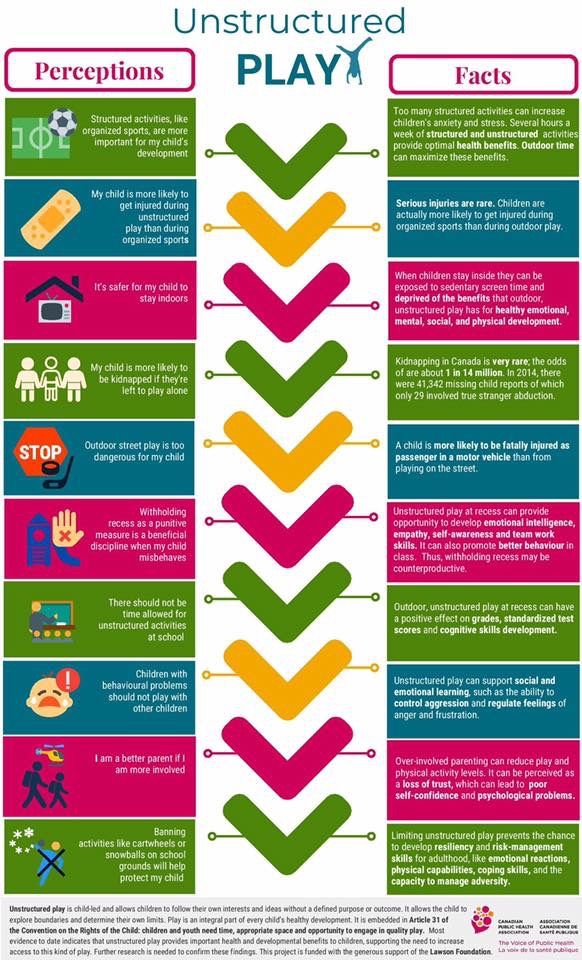 26 “On approval of SanPiN 2.4.1.3049-13 “Sanitary and epidemiological requirements for the arrangement, maintenance and organization of the operating mode of preschool educational organizations”:
26 “On approval of SanPiN 2.4.1.3049-13 “Sanitary and epidemiological requirements for the arrangement, maintenance and organization of the operating mode of preschool educational organizations”:
1.11. The recommended number of children in compensatory groups for children under 3 years old and over 3 years old, respectively, should not exceed:
- for children with severe speech disorders - 6 and 10 children;
- for children with phonetic and phonemic speech disorders over the age of 3 years - 12 children;
- for deaf children - 6 children for both age groups;
- for hearing impaired children - 6 and 8 children;
- for blind children - 6 children for both age groups; nine0009
- for visually impaired children, for children with amblyopia, strabismus - 6 and children;
- for children with disorders of the musculoskeletal system - 6 and 8 children:
- for children with mental retardation - 6 and 10 children;
- for children with mild mental retardation - 6 and 10 children;
- for children with moderate, severe mental retardation over the age of 3 years - 8 children;
- for children with autism only over the age of 3 - 5 children; nine0009
- for children with a complex defect (having a combination of 2 or more deficiencies in physical and (or) mental development) - 5 children for both age groups;
- for children with other disabilities - 10 and 15 children.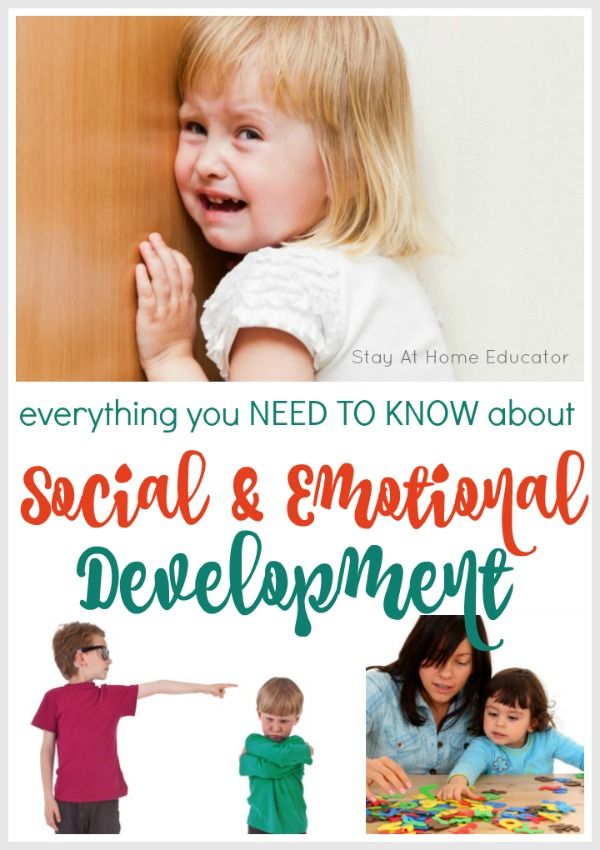 It is allowed to organize different-age (mixed) groups of children in preschool educational organizations of a compensatory orientation, taking into account the possibility of organizing a daily routine in them that corresponds to the anatomical and physiological characteristics of each age group. nine0009
It is allowed to organize different-age (mixed) groups of children in preschool educational organizations of a compensatory orientation, taking into account the possibility of organizing a daily routine in them that corresponds to the anatomical and physiological characteristics of each age group. nine0009
1.12. In preschool educational organizations, the organization of groups of a combined orientation that implement the joint education of healthy children and children with disabilities is carried out in accordance with the characteristics of the psychophysical development and the capabilities of the pupils.
Recommended number of children in combined groups:
a) up to 3 years - no more than 10 children, including no more than 3 children with disabilities; nine0009
b) over 3 years old:
- no more than 10 children, including no more than 3 deaf children, or blind children, or children with disorders of the musculoskeletal system, or children with moderate, severe mental retardation, or children with complex a defect;
- no more than 15 children, including no more than 4 visually impaired and (or) children with amblyopia and (or) strabismus, or hearing-impaired children, or children with severe speech impairments, or children with mild mental retardation;
- no more than 17 children, including no more than 5 children with mental retardation.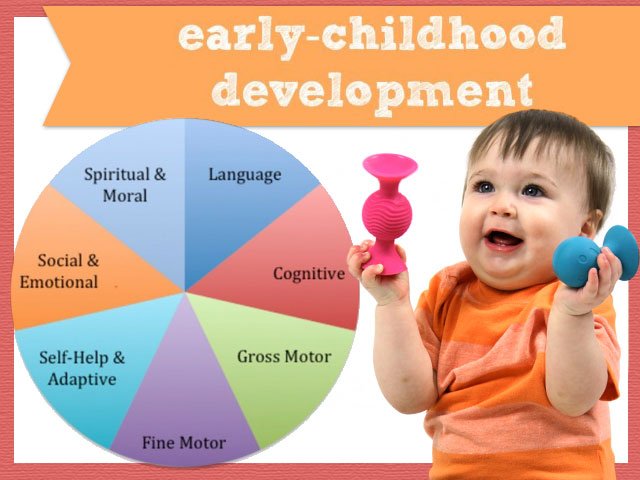 nine0009
nine0009
Comments on section III of paragraph 3.2.6. subparagraph 1
The powers to financially support the creation of conditions in the organization for additional professional education of teachers (Part 2 of Article 99 of the Law) refer to the powers of the constituent entities of the Russian Federation. The necessary funds must be brought to the Organization (state, municipal or private) as part of the cost standard, or included in the budget of a state institution. At the same time, the amount of financial support for the education of pedagogical workers should provide opportunities for the organization both to create the necessary conditions in the organization itself (including payment for replacing a temporarily absent employee) and to send employees for training (tuition fees, travel expenses). nine0009
Comments on section III of paragraph 3.2.7.
In accordance with Part 1 of Article 79 of the Law: “... the content of education and the conditions for organizing the training and education of students with disabilities (hereinafter referred to as HIA) are determined by an adapted educational program, and for disabled people also in accordance with an individual program for the rehabilitation of a disabled person ".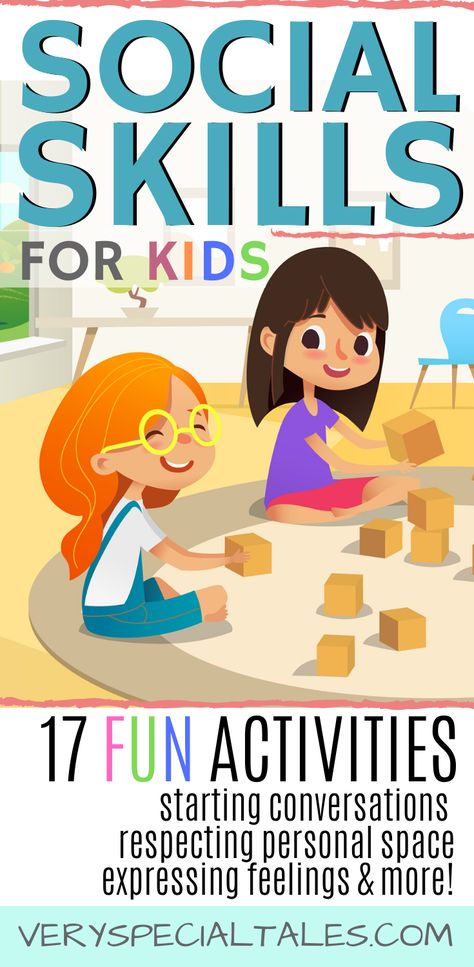 In this regard, in order to receive general education for children with disabilities, Organizations should develop appropriate adapted basic general education programs (in separate documents), taking into account the peculiarities of their psychophysical development and individual capabilities. An individual rehabilitation program is developed by the Bureau of Medical and Social Expertise (in accordance with Article 7 of Federal Law No. 181-FZ). The conditions must be created in accordance with the Recommendations of the PMPK (Order of the Ministry of Education and Science of Russia dated September 20, 2013 No. 1082 “On Approval of the Regulations on the Psychological, Medical and Pedagogical Commission”). nine0009
In this regard, in order to receive general education for children with disabilities, Organizations should develop appropriate adapted basic general education programs (in separate documents), taking into account the peculiarities of their psychophysical development and individual capabilities. An individual rehabilitation program is developed by the Bureau of Medical and Social Expertise (in accordance with Article 7 of Federal Law No. 181-FZ). The conditions must be created in accordance with the Recommendations of the PMPK (Order of the Ministry of Education and Science of Russia dated September 20, 2013 No. 1082 “On Approval of the Regulations on the Psychological, Medical and Pedagogical Commission”). nine0009
Comments on section III of paragraph 3.3.5.
In accordance with paragraph 2 of part 3 of article 28 of the Law, the educational organization's competence includes the material and technical support of educational activities, equipment of premises in accordance with state and local norms and requirements, including in accordance with the Standard.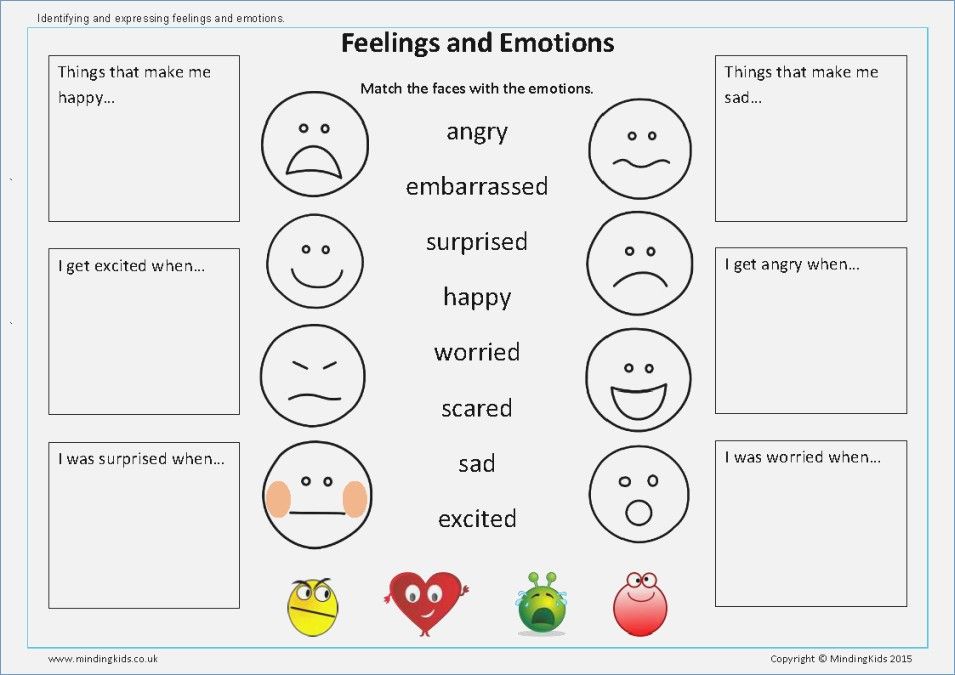 Thus, the Organization independently approves the list of necessary training tools that will be used in the implementation of the Program. At the same time, teaching aids must fully comply with the requirements of paragraph 3.3.4. Standard. In order to enable the Organization to independently purchase the necessary training aids, the cost standard, according to which the budgetary financing of the organization is determined, should take into account the costs of acquiring the necessary training aids ( in accordance with the guidelines sent by the letter of the Ministry of Education and Science of Russia dated October 1, 2013 No. 08-1408).
Thus, the Organization independently approves the list of necessary training tools that will be used in the implementation of the Program. At the same time, teaching aids must fully comply with the requirements of paragraph 3.3.4. Standard. In order to enable the Organization to independently purchase the necessary training aids, the cost standard, according to which the budgetary financing of the organization is determined, should take into account the costs of acquiring the necessary training aids ( in accordance with the guidelines sent by the letter of the Ministry of Education and Science of Russia dated October 1, 2013 No. 08-1408).
Comments on section III of clause 3.4.1.
In accordance with the requirements for the staffing of the Standard, the activities of managers, teachers, educational and support staff, employees engaged in financial activities, protecting the life and health of children must be considered in full as activities to ensure and implement the Program.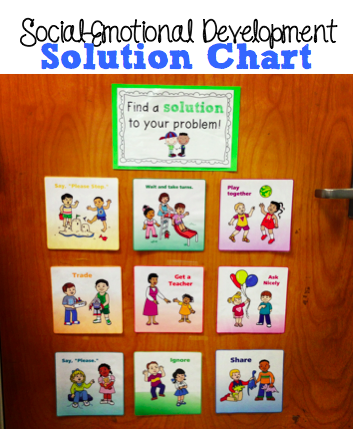 pedagogical and educational support workers was approved by the Government Decree of August 8, 2013 No. 678 “On approval of the nomenclature of positions of pedagogical workers of organizations engaged in educational activities, positions of heads of educational organizations”, as well as by order of the Ministry of Health and Social Development of Russia dated August 26, 2010 No. 761n “ Eb approval of the Unified Qualification Directory for the positions of managers, specialists and employees, section "Qualification characteristics of the positions of education workers". Thus, the financial responsibility for supporting the implementation of the Program by these categories of personnel rests with the authorities of the constituent entities of the Russian Federation that manage education, and cannot be shifted to the level of municipalities or parents. That is, funds for the remuneration of these categories of personnel should be included in the regional cost standards. The financial support for the involvement of scientists in the implementation of the Program remains at the discretion of the subject of the Russian Federation.
pedagogical and educational support workers was approved by the Government Decree of August 8, 2013 No. 678 “On approval of the nomenclature of positions of pedagogical workers of organizations engaged in educational activities, positions of heads of educational organizations”, as well as by order of the Ministry of Health and Social Development of Russia dated August 26, 2010 No. 761n “ Eb approval of the Unified Qualification Directory for the positions of managers, specialists and employees, section "Qualification characteristics of the positions of education workers". Thus, the financial responsibility for supporting the implementation of the Program by these categories of personnel rests with the authorities of the constituent entities of the Russian Federation that manage education, and cannot be shifted to the level of municipalities or parents. That is, funds for the remuneration of these categories of personnel should be included in the regional cost standards. The financial support for the involvement of scientists in the implementation of the Program remains at the discretion of the subject of the Russian Federation.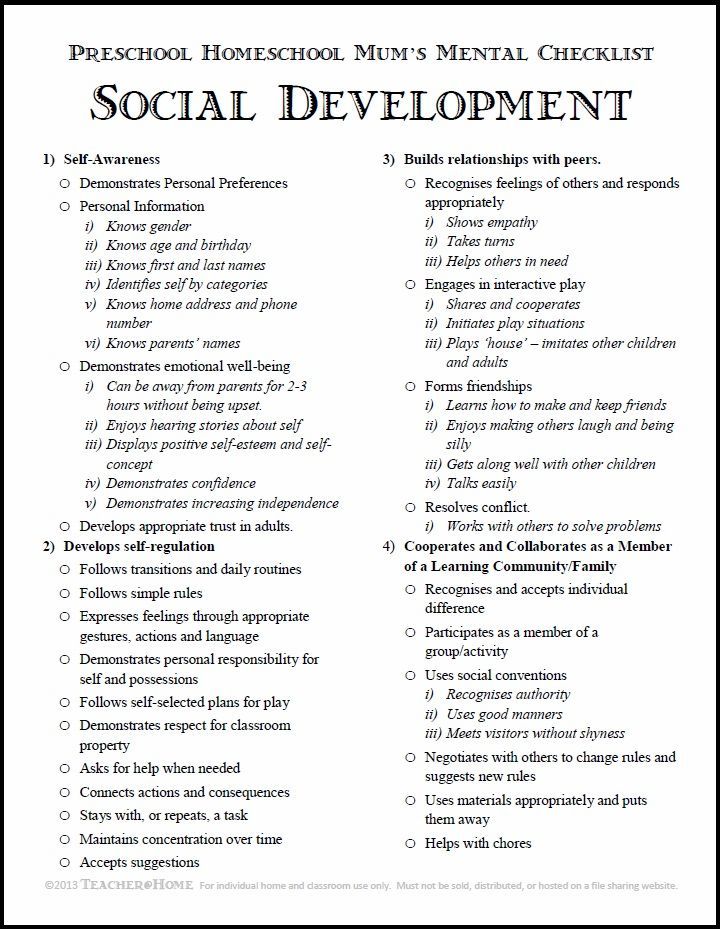 nine0009
nine0009
In accordance with point 4 of part 2 and part 3 of article 28 of the Law, the establishment of the staff list is the competence of the Organization. At the same time, the Organization should proceed primarily from the task of ensuring the requirements of the Standard.
To accompany the implementation of the Program throughout the entire implementation period (in most cases corresponding to the duration of the group), each group must have at least two employees, including one educator (or other pedagogical worker) and an assistant educator (junior educator). Thus, children at any time must be with one or more employees of the Organization involved in the implementation of the Program (with a pedagogical and / or educational support worker). When calculating regional funding standards, it is necessary to take into account the peculiarities of the load on individual positions of employees when working in different groups, including in groups with different directions of the Programs, as well as the peculiarities of the work of educators during their joint stay in the Organization:
- when registering the results of observation (monitoring) of the health, development and upbringing of children, including using electronic forms;
- development of a plan (program) of educational work;
- with participation in the work of pedagogical, methodological councils, other forms of methodological work, in the work of holding parent meetings, health-improving, educational and other activities provided for by the educational Program, in organizing and conducting methodological advisory assistance to parents (persons replacing them) and other activities provided for by the job description.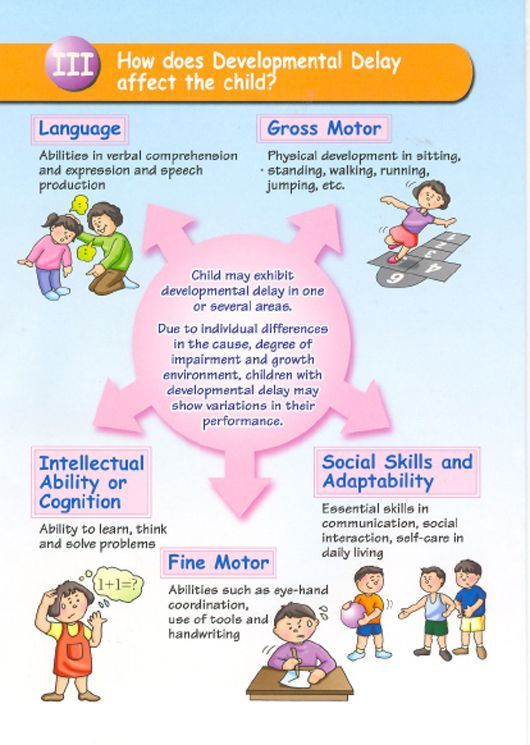 nine0009
nine0009
It is also necessary to take into account that for the effective development of children in the selected educational areas, other pedagogical workers (for example, physical education instructors, music directors, specialists in artistic and aesthetic education, educational psychologists) should work with children during the day, in addition to the educator, and methodological support for the implementation of the Program should also be provided. To do this, the Organization independently establishes the staffing table within the allocated funding. nine0090 Thus, regional cost standards should take into account the need to cover the costs of the Organization associated with the involvement of all categories of employees provided for in paragraph 3.4.1 of the Standard.
Comments on section III of clauses 3.4.3. and 3.4.4.
Teachers who are additionally involved to ensure the implementation of the Program in groups for children with disabilities (paragraph 3.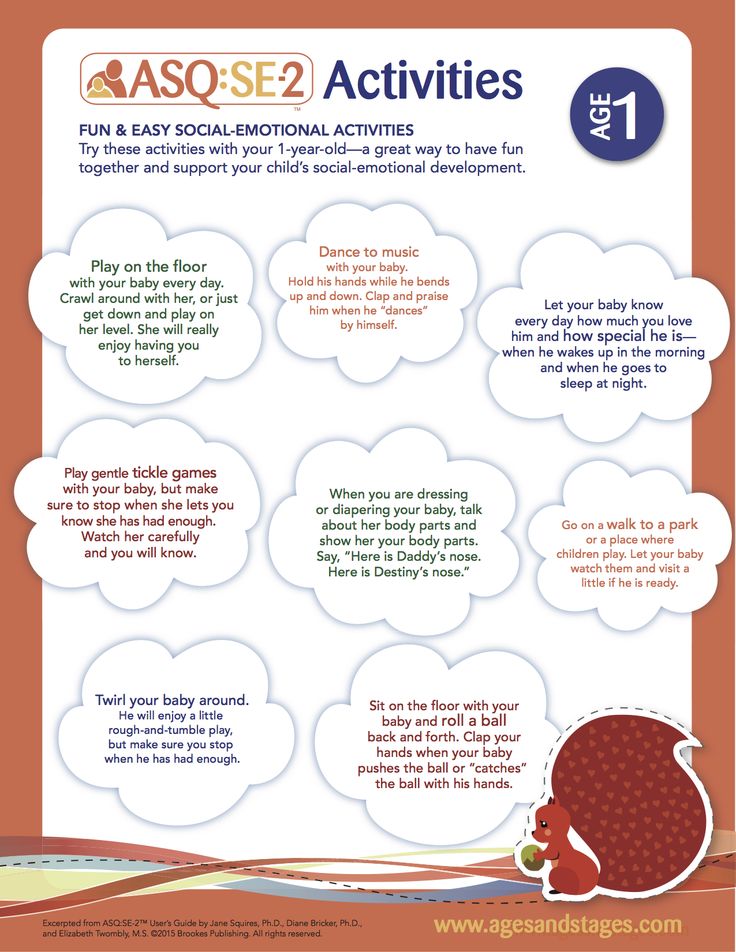 4.3. of the Standard) and in general developmental groups in which children with disabilities study (paragraph 3.4.3. of the Standard) are teachers-defectologists , speech pathologists, and, if necessary, social pedagogues. The recommended number of relevant teachers per group (for both cases) is 1 rate per group. nine0009
4.3. of the Standard) and in general developmental groups in which children with disabilities study (paragraph 3.4.3. of the Standard) are teachers-defectologists , speech pathologists, and, if necessary, social pedagogues. The recommended number of relevant teachers per group (for both cases) is 1 rate per group. nine0009
Comments on section III of point H.6.
Requirements for financial conditions determine the consolidation at the level of the Standard of the obligations of the subject of the Russian Federation to ensure the fulfillment of personnel requirements and requirements for the subject-developing environment, and the obligations of the municipality to financially support the organization of the implementation of the Program in institutions. At the same time, the detailed distribution of regional and local obligations is explained by the letter of the Ministry of Education and Science of Russia dated October 1, 2013 No. 08-1408. nine0009
Comments to section IV of point 4.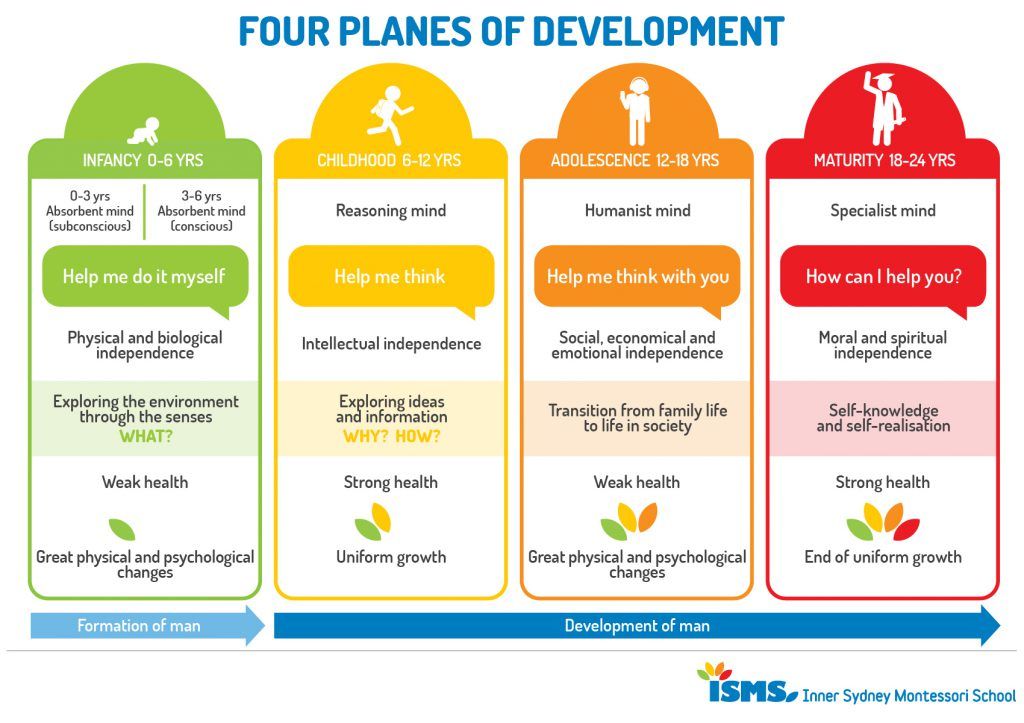 3.
3.
This article of the Standard, in accordance with the provisions of the Law, does not allow the use of targets for preschool education to directly assess the real achievements of children. Targets presented in Article 4.6. Standards reflect the agreed expectations of society regarding preschool childhood and represent the age profile of the child, which cannot be directly applied to the individual child. nine0009
Comments to section IV of point 4.5.
The paragraph contains a ban on the use of targets for solving a number of managerial tasks. The reason for such a ban is the nature of the targets, which do not involve monitoring the achievement of specific educational outcomes of children. Control over educational activities within the framework of the implementation of the Program in the Organization is carried out not over the educational results of children, but over the conditions for its implementation, which contribute to the achievement of certain educational results by children.